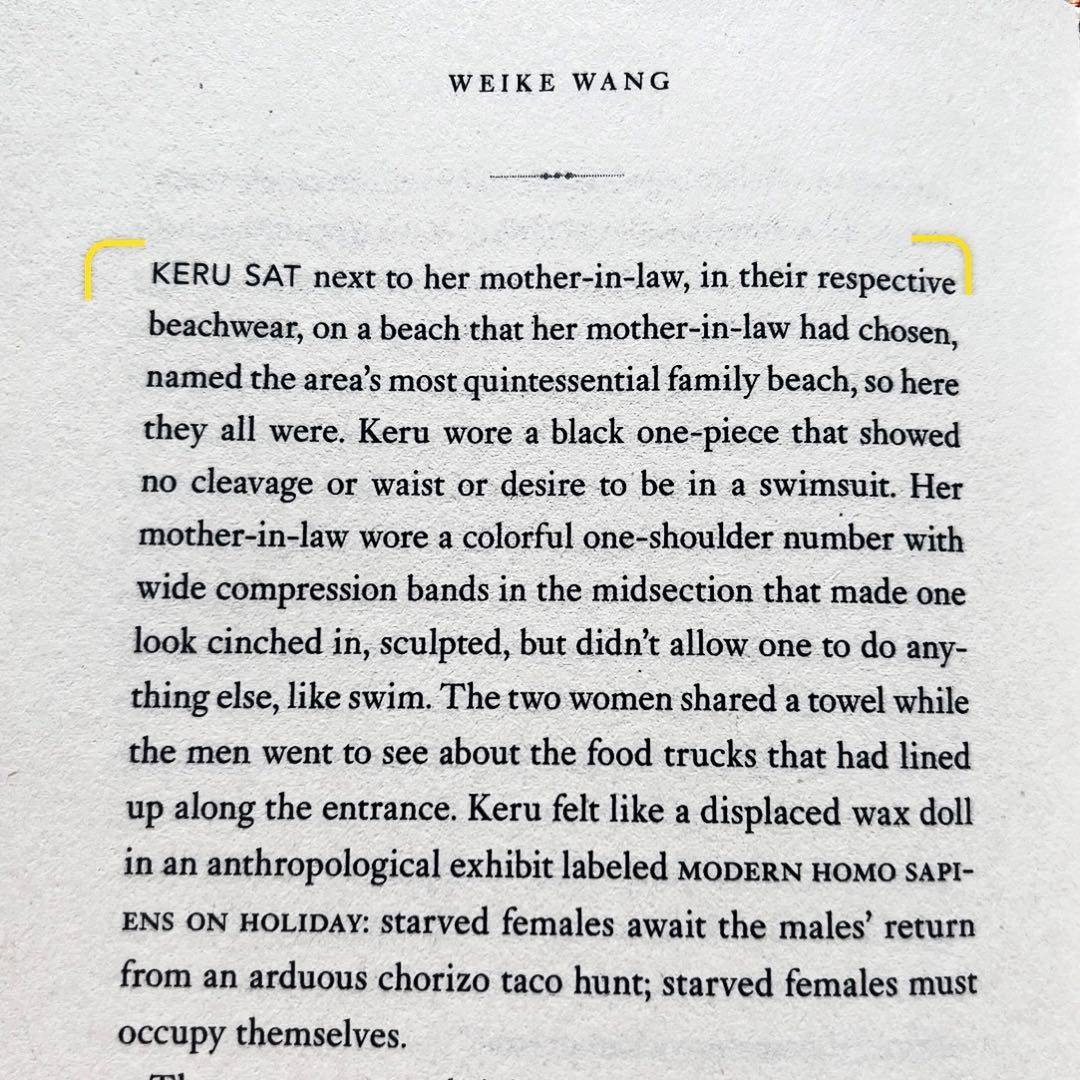
My third Weike Wang. I‘ll read anything she writes. I love her deadpan humor.
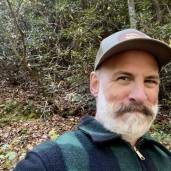

My third Weike Wang. I‘ll read anything she writes. I love her deadpan humor.
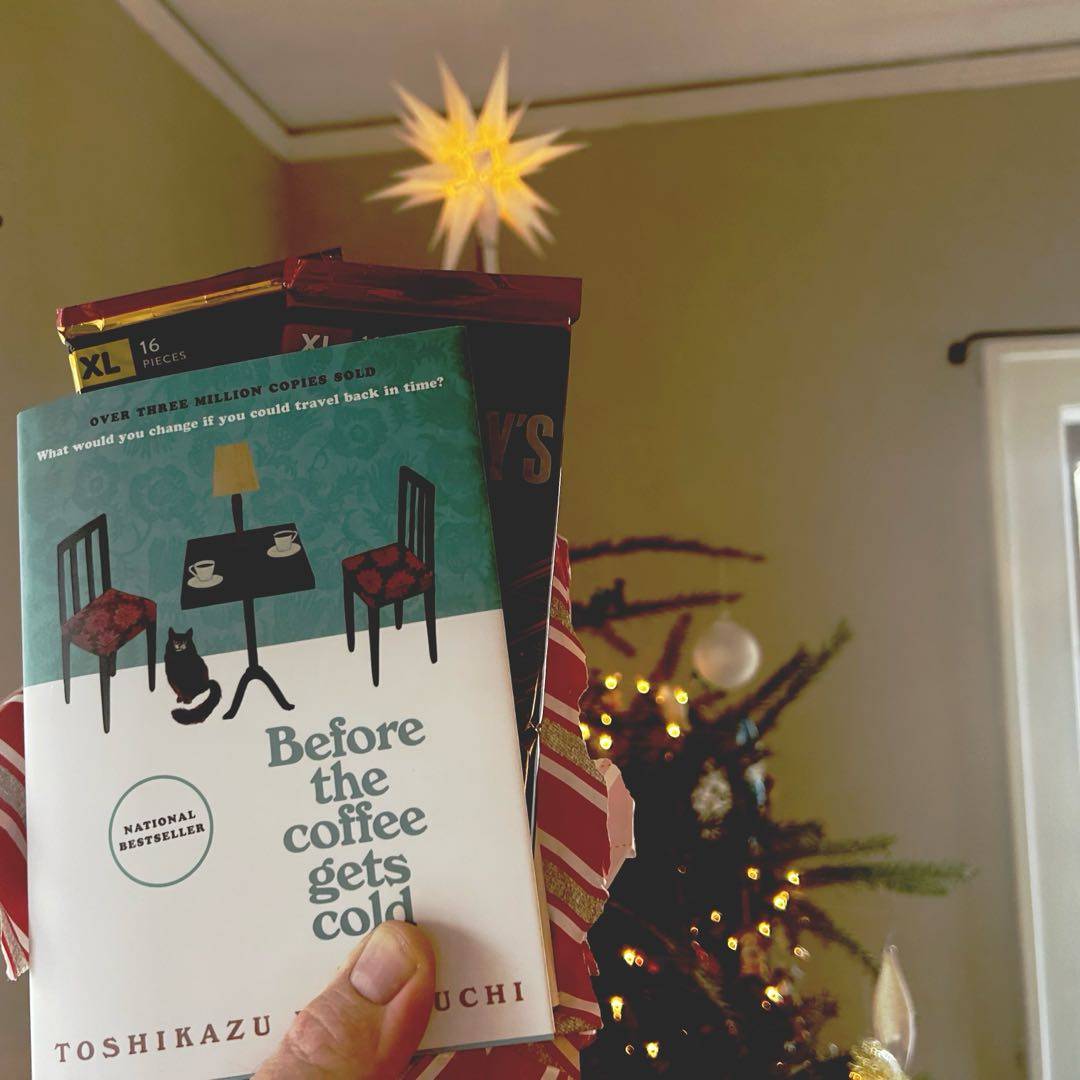
Super-late to #jolabokaflodSwap2024 (just finished a 7-day stretch of work at the Children‘s Hospital for Christmas) but this is just what the doctor ordered! Thank you, @Roary47 !!! The chocolate didn‘t melt!
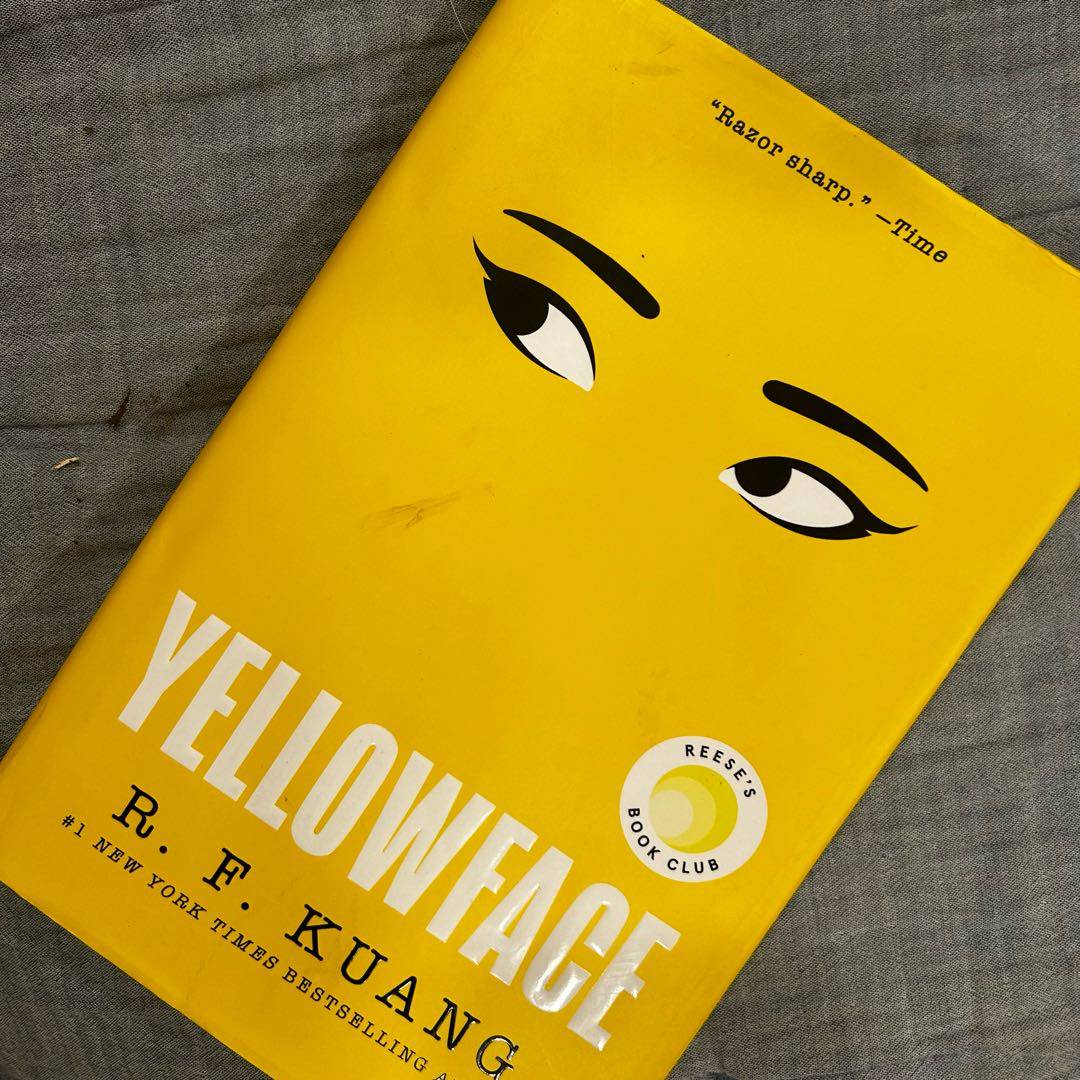
I picked up a used copy to see what the hype was. While the issues around cancel culture and cultural appropriation were timely, I found the protagonist and voice unlikeable from the start (and also saw the ending coming fairly early). I‘m probably in the minority here.
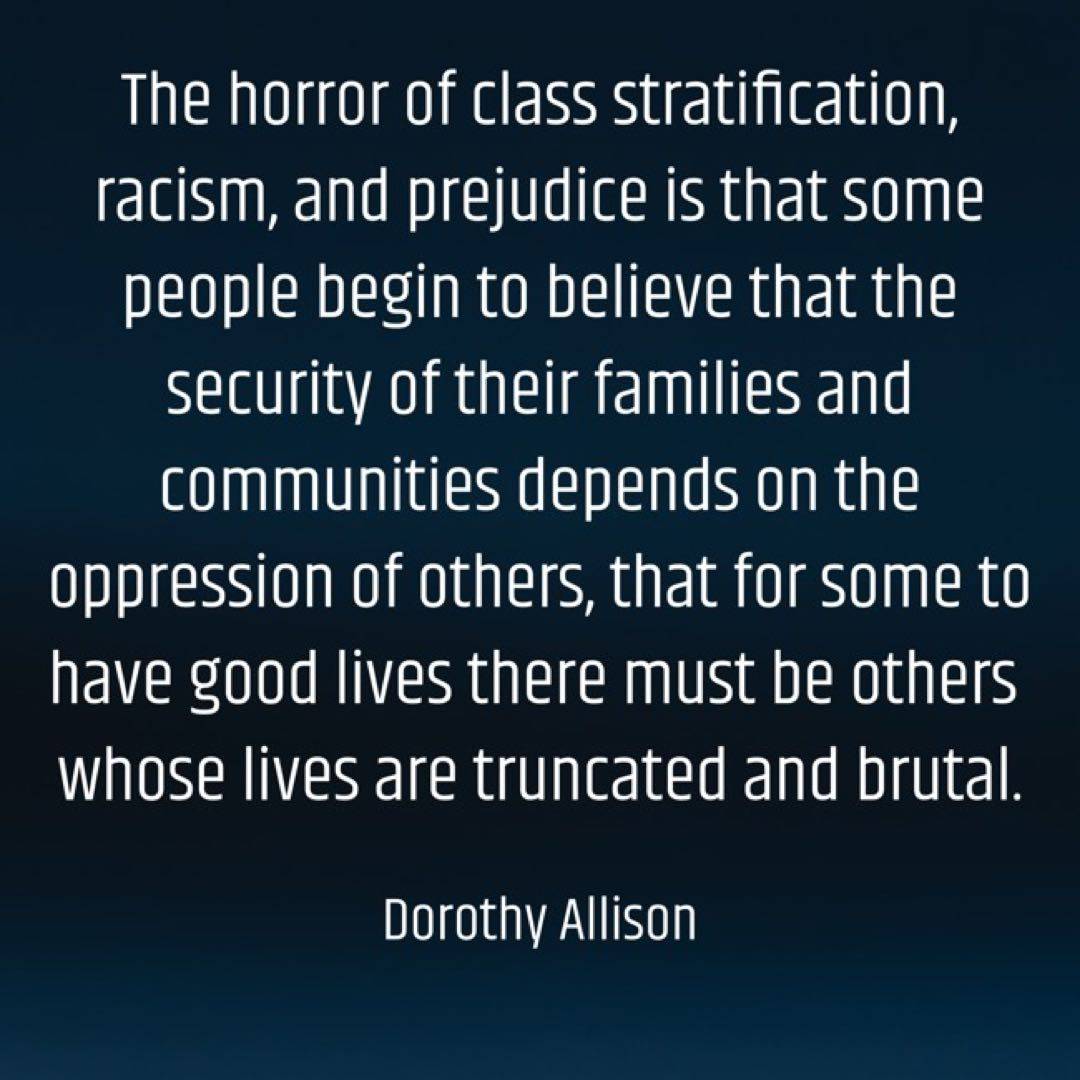
Dorothy Allison died today. As if this week hasn‘t already been enough. Former Carolina girl, rambunctious out and proud lesbian, powerhouse writer. I was fortunate enough to meet her and hear her lecture twice. She was an inspiration to many. She will truly be missed.
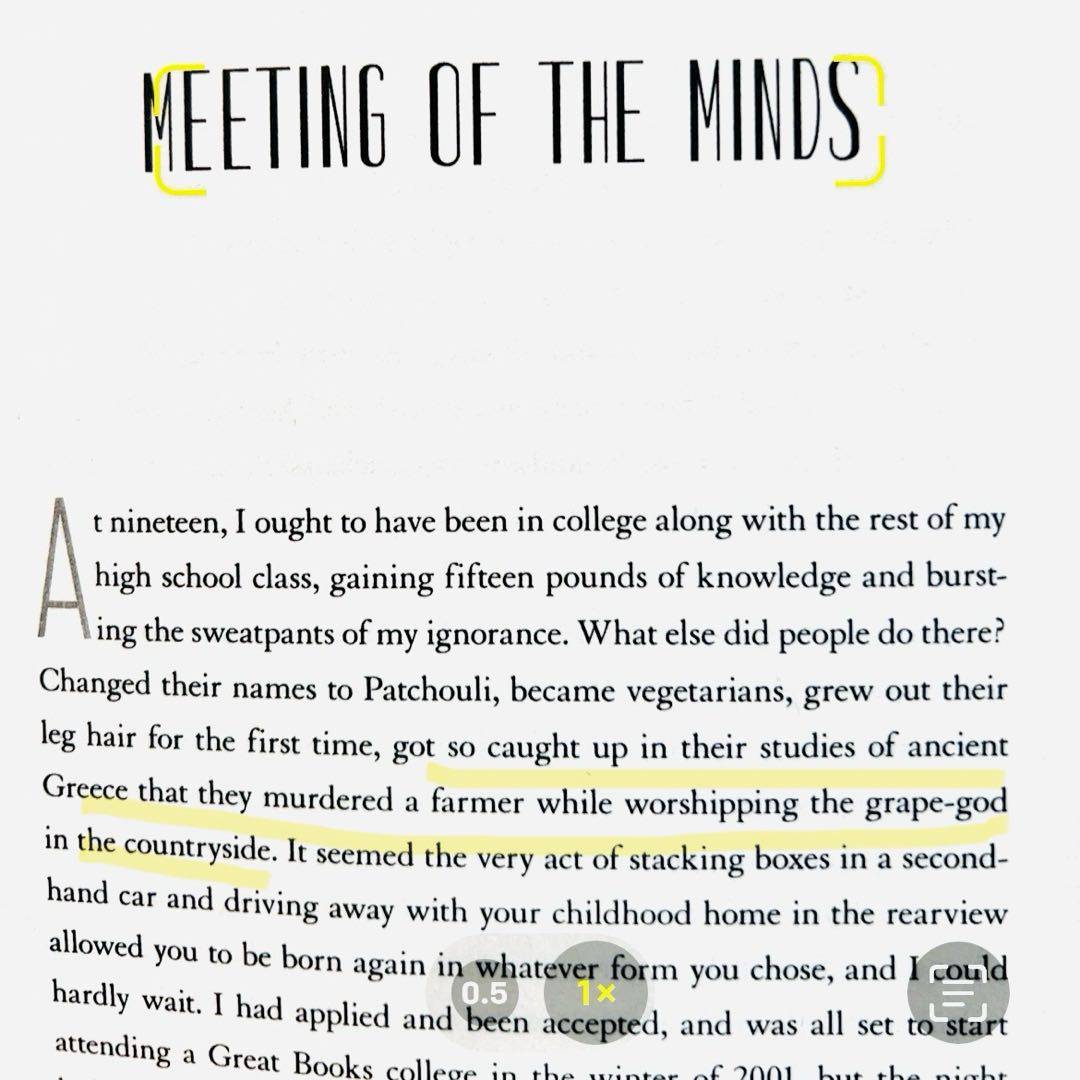
After I read No One Is Talking, I knew i had to read Priestdaddy. What an absolute hoot. The moment she alluded to Tartt‘s Secret History, I knew I was in for a treat. Parts of this made me laugh out loud, a considerable achievement. Sedaris-style humor combined with a breathtaking command of language. One of my favorite new writers.
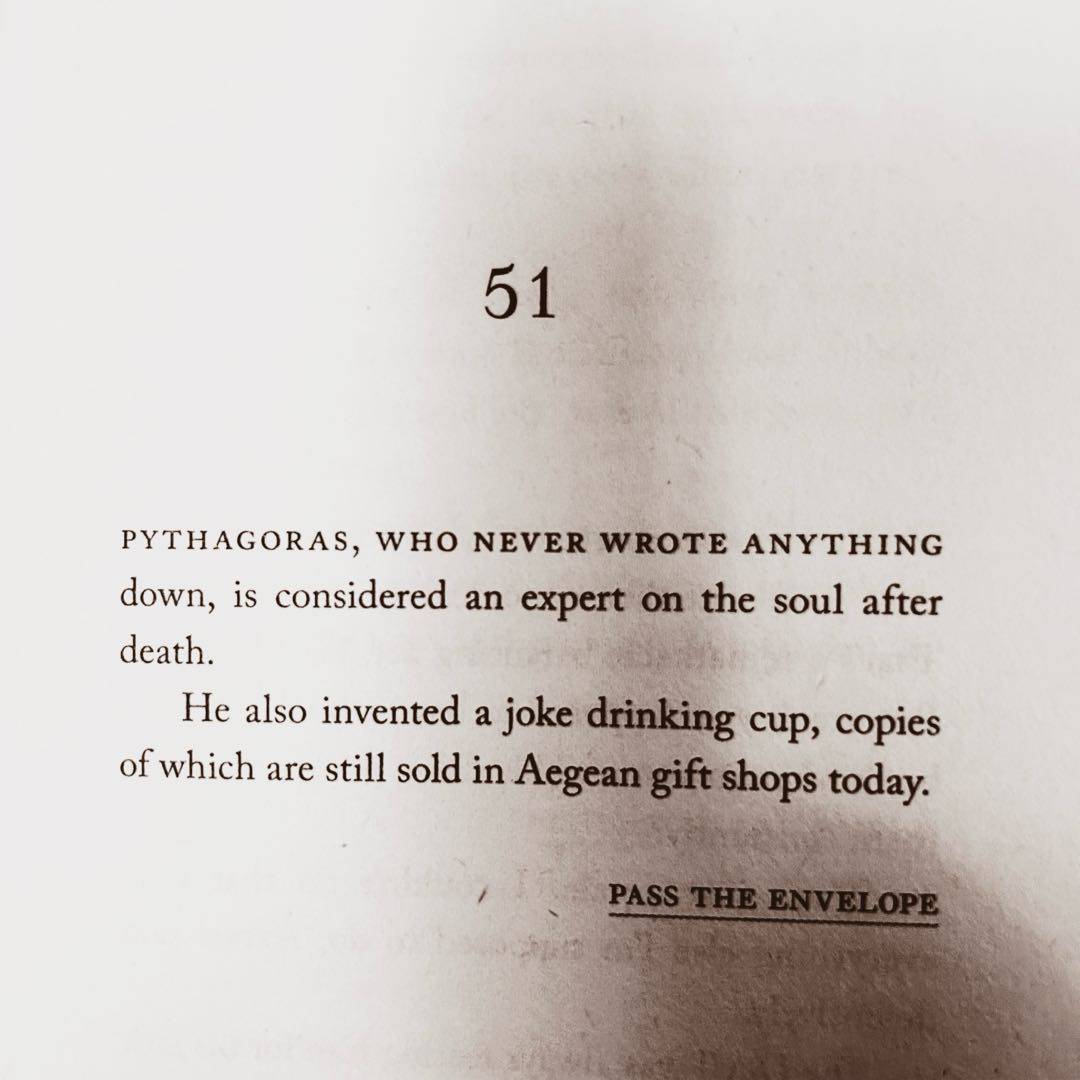
I enjoyed 99 Stories of God more, but this one has some gems, too. And #72 made me guffaw.
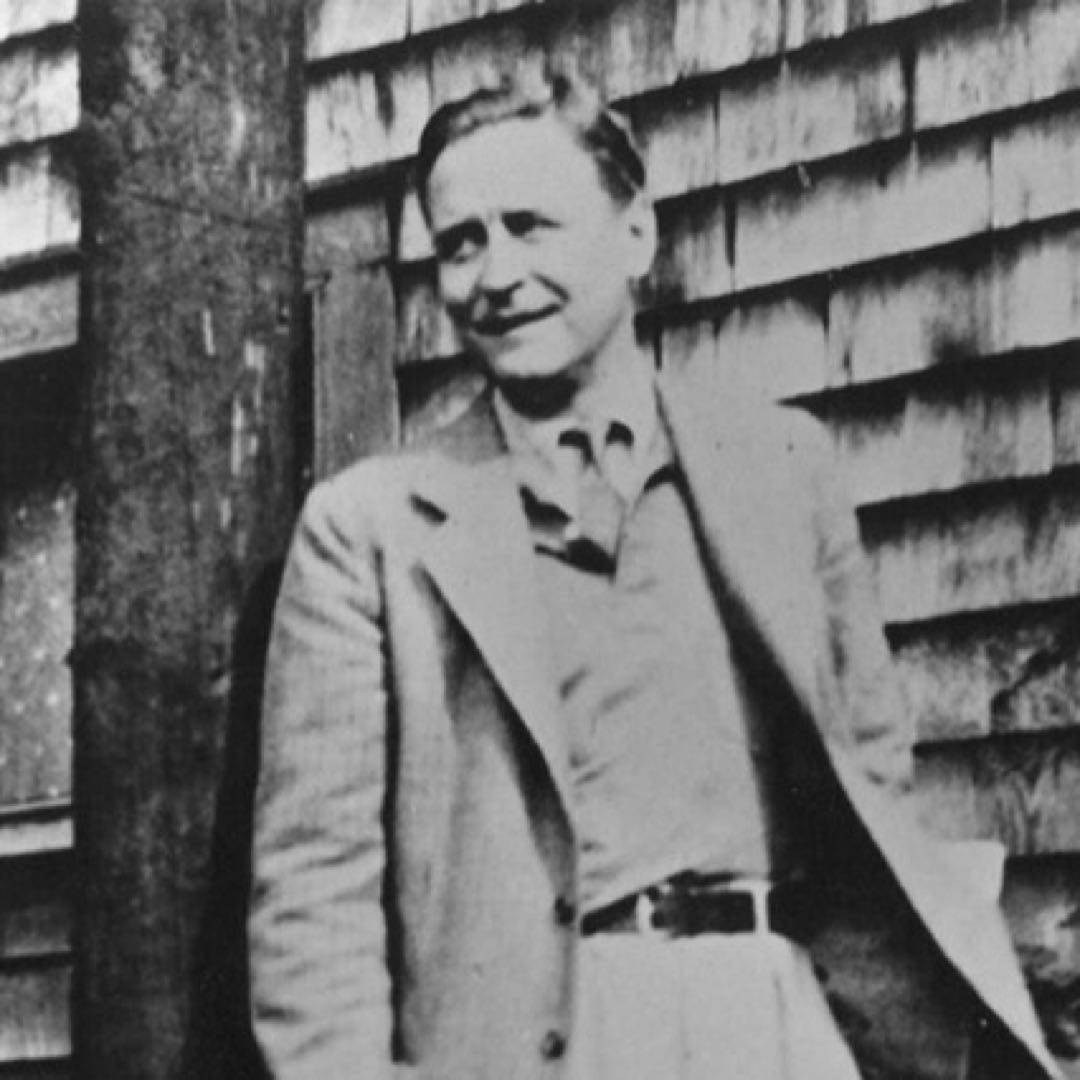
This catchy title caught my eye in a used bookstore. At first I thought it might refer to the AIDS era, post-70s, but it‘s a memoir about F. Scott Fitzgerald and his sad decline after the heyday of the Jazz Age. Tony Buttitta, a bookshop owner and writer befriended Fitzgerald in the summer of 1935, and this is his recollection. It‘s well-written and I‘d recommend it for anyone interested in Fitzgerald or Asheville history.
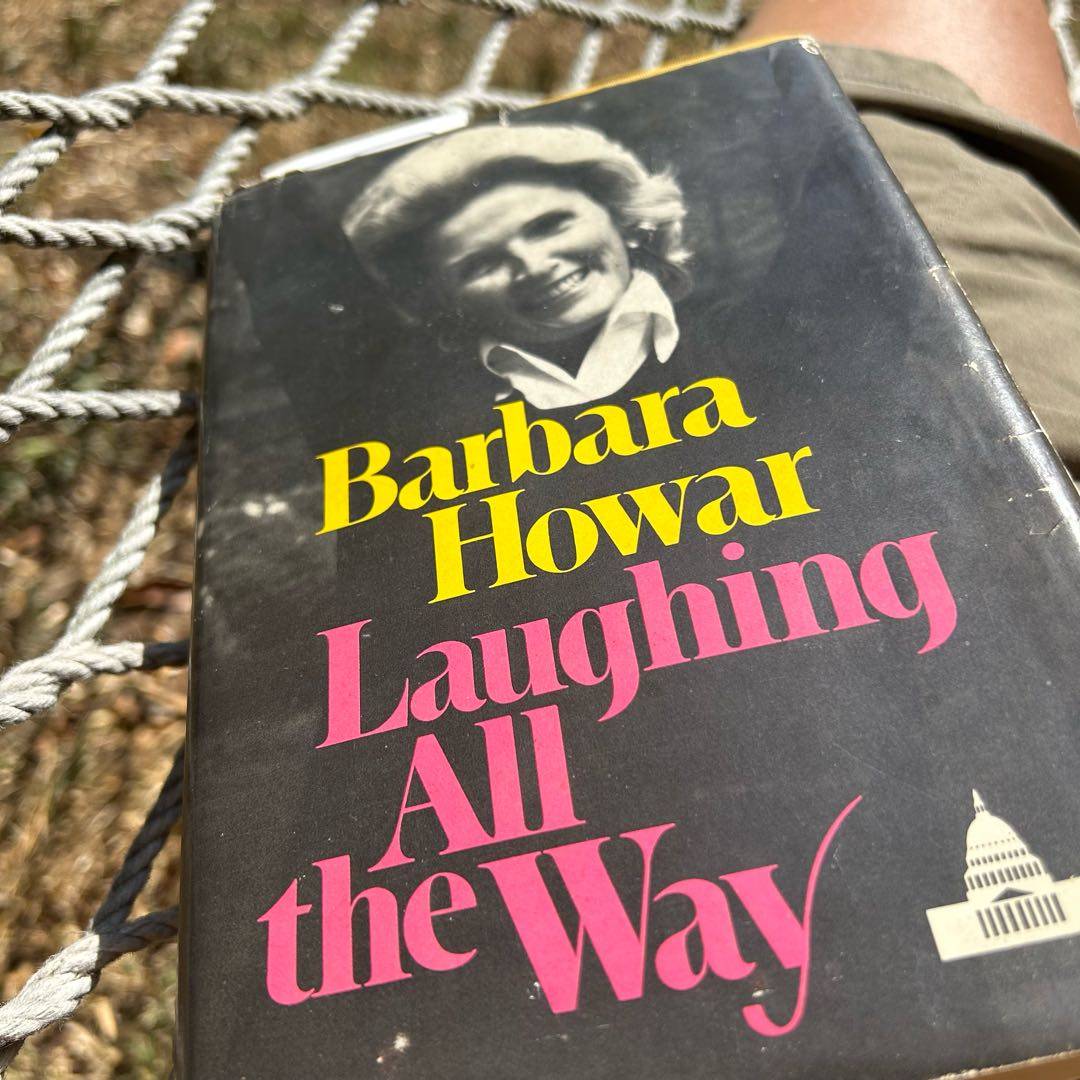
I knew I had to read this when I read her obituary a few weeks ago. What a hoot! “Washington [in the 1950s] was not an easy town for women seeking employment, other than typing or stripping. Not being skilled or built for either, I had trouble finding a glamorous, high-paying position with short hours, long vacations, and all the benefits I thought a girl with a nice, classic face deserved.”
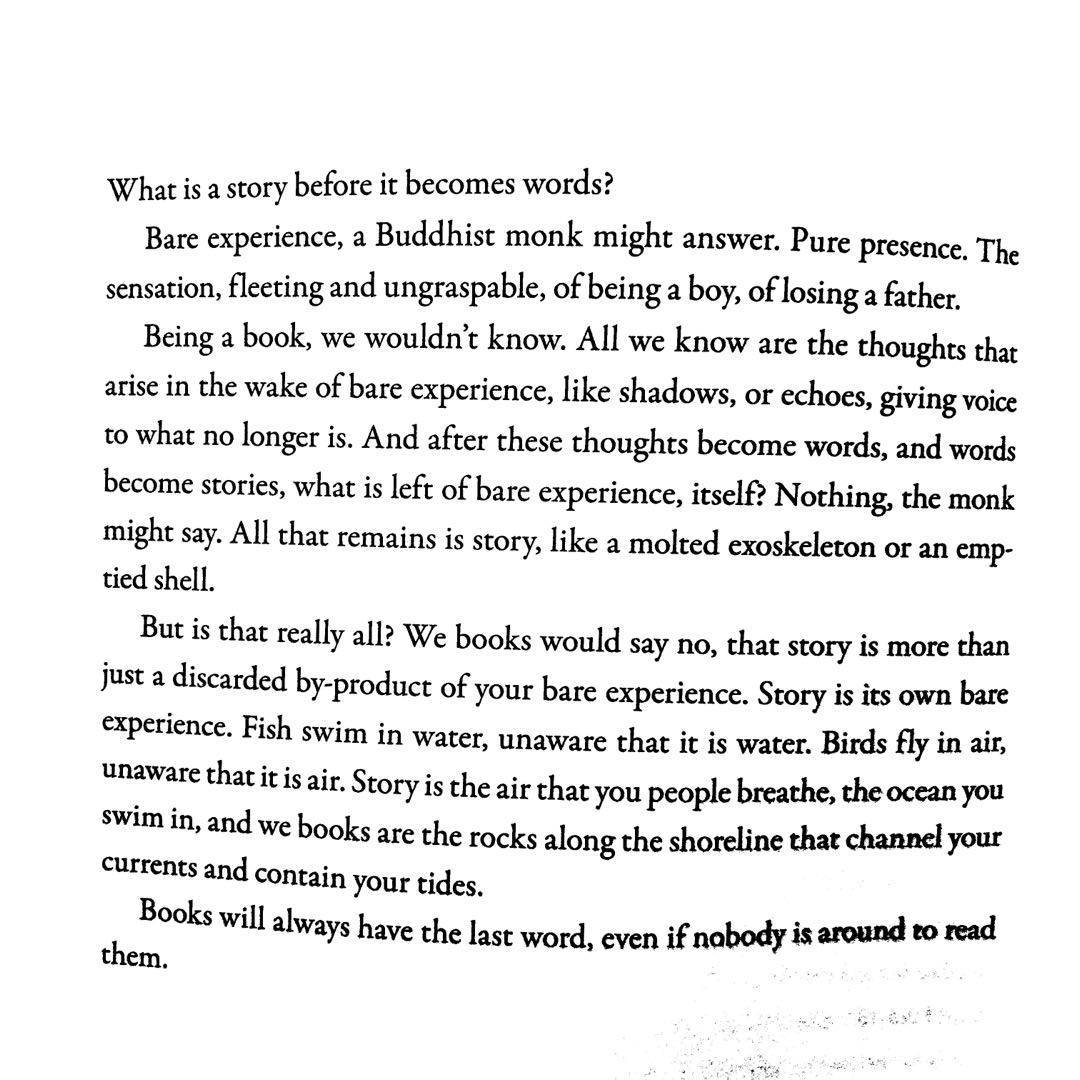
I loved Ozeki‘s Tale for the Time Being. This was wonderful, too, but the second half seemed to lose momentum. Still, the idea of a book as a narrator was inventive and I will probably end up reading everything she‘s written.

My book club went with a Paris theme for July. This was more meringue than substance. Meh.
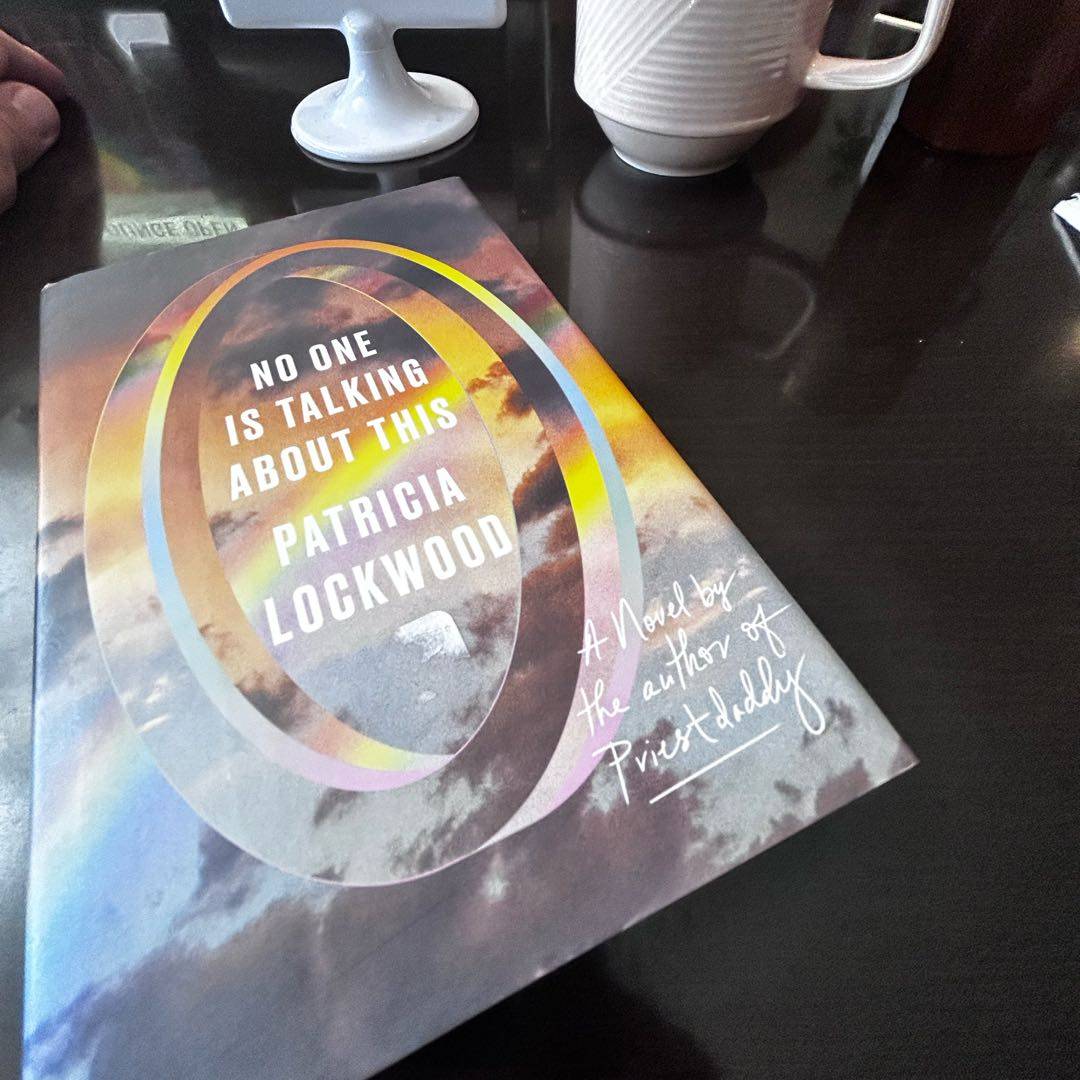
“The problem was that the dictator was very funny, which had maybe been true of all dictators. Absurdism, she thought. Suddenly all those Russian novels where a man turns into a teaspoon of blackberry jam at a country house began to make sense.”
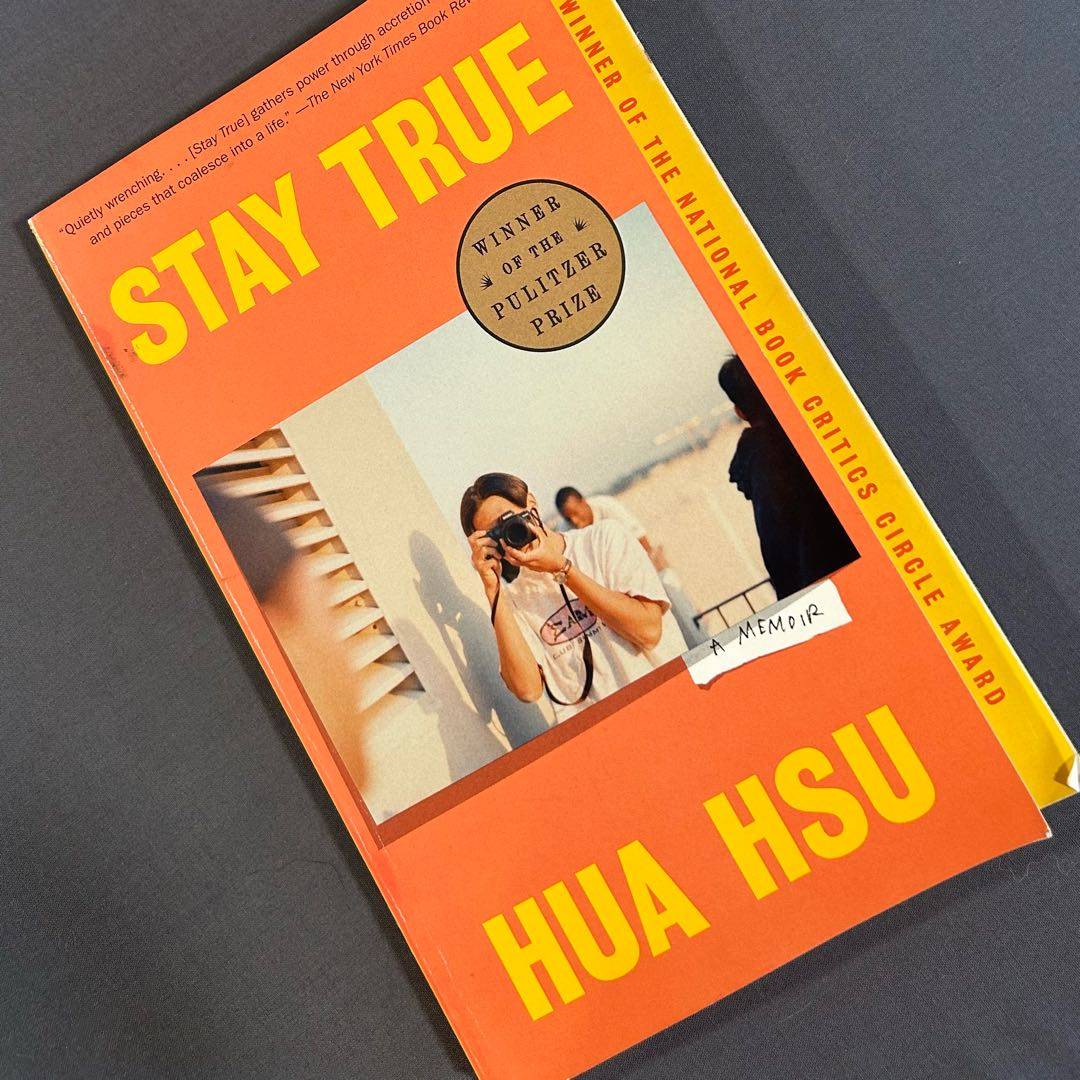
I seem to be in a Pulitzer rut. I enjoyed the excerpt from this in the New Yorker, and had hoped for more of a father-son story. It was still enjoyable, and made me nostalgic for college and my twenties.
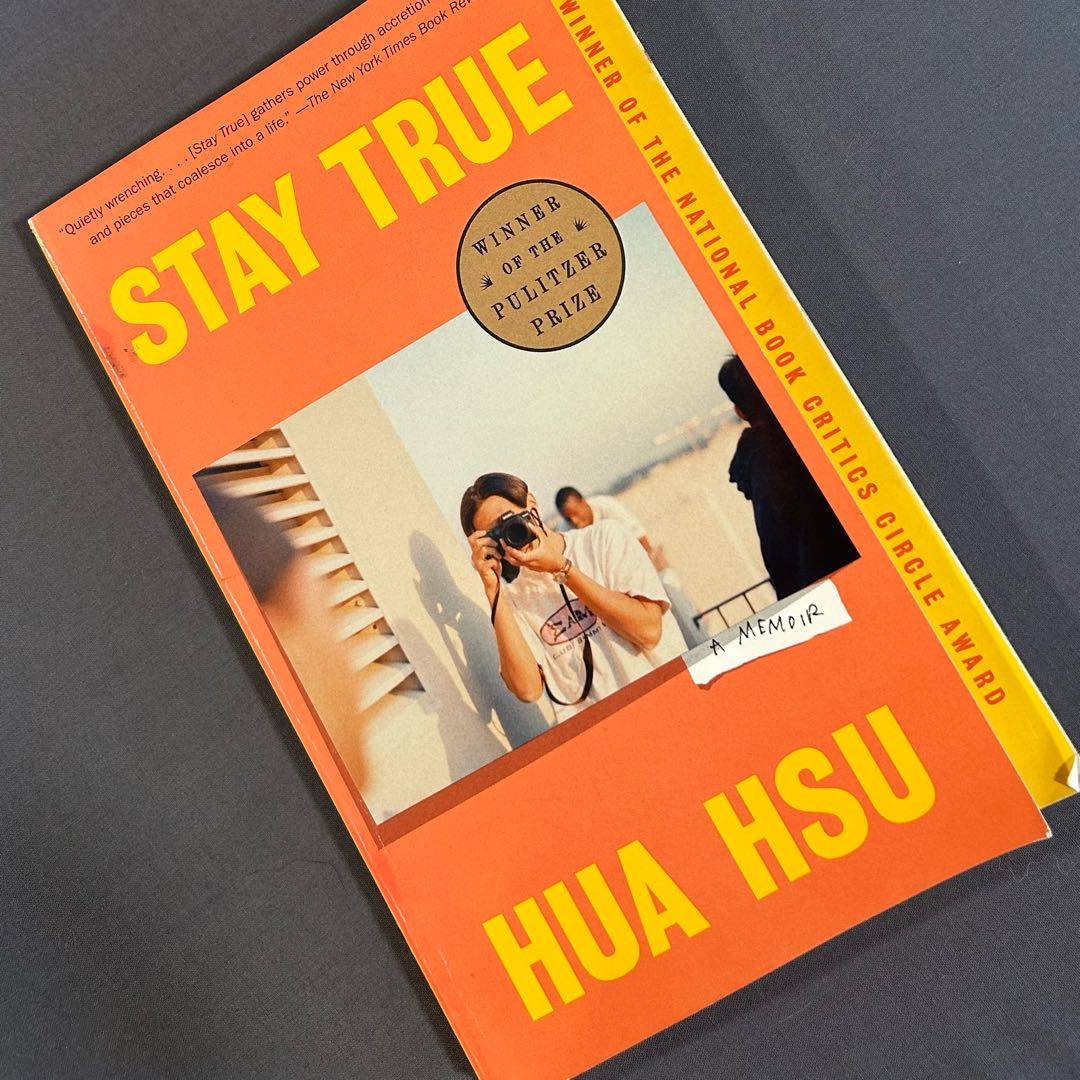
I seem to be in a Pulitzer rut. I enjoyed the excerpt from this in the New Yorker, and had hoped for more of a father-son story. It was still enjoyable, and made me nostalgic for college and my twenties.

Slow to post of late, but really enjoyed this, as I have most Pulitzer winners. Lots of science and history here, but Vaillant managed to weave it with several boots-on-the-ground stories of people affected by the largest wildfire to date in Fort McMurray, Canada. He tries not to end on a doom and gloom note, but I‘d still say this isn‘t exactly a light “summer read”.
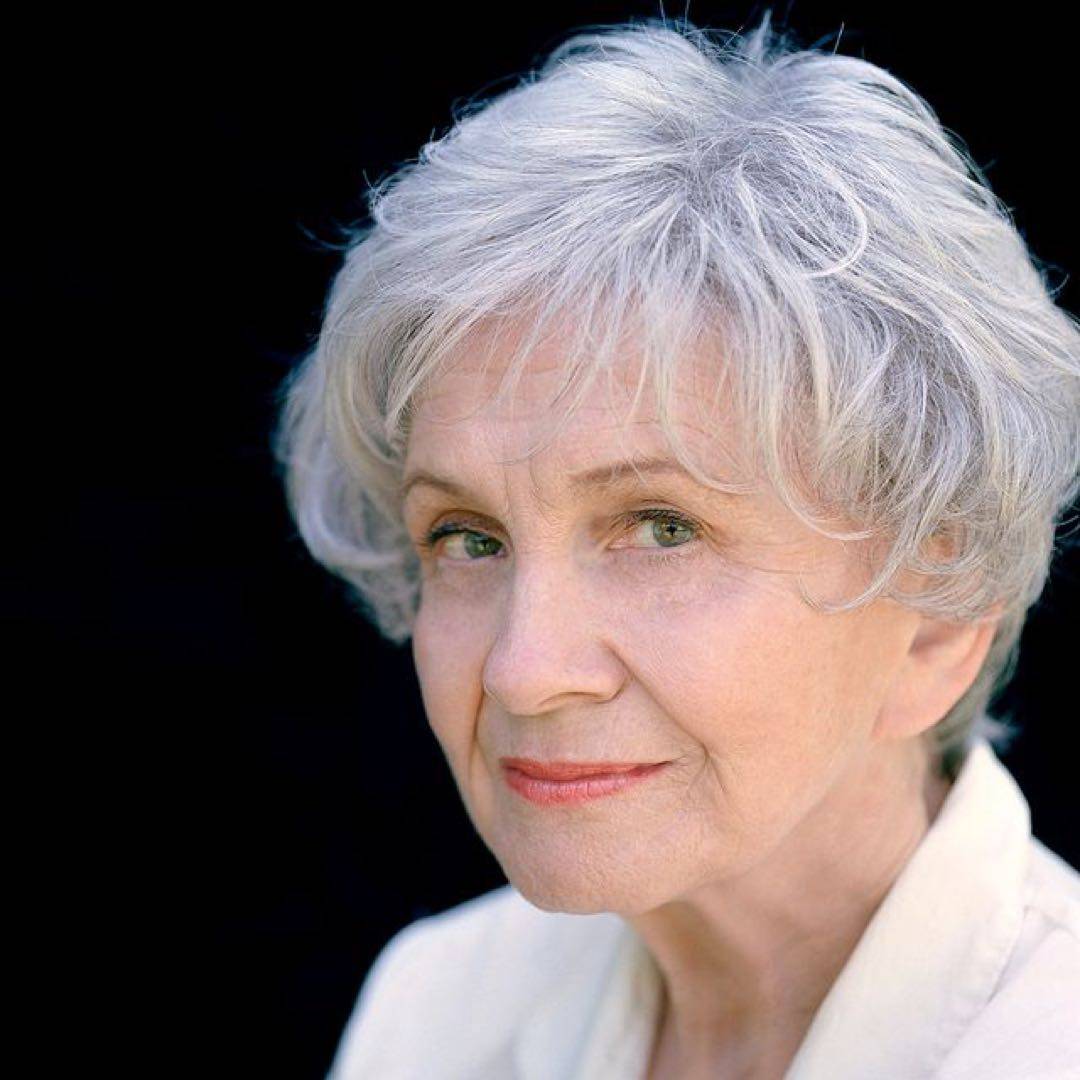
“Her children say they hope she has not taken to Living in the Past. But what she believes she is doing, what she wants to do if she can get the time to do it, is not so much live in the past as to open it up and get one good look at it.” —“Powers” (2004)
—Alice Munro (1931-2024)
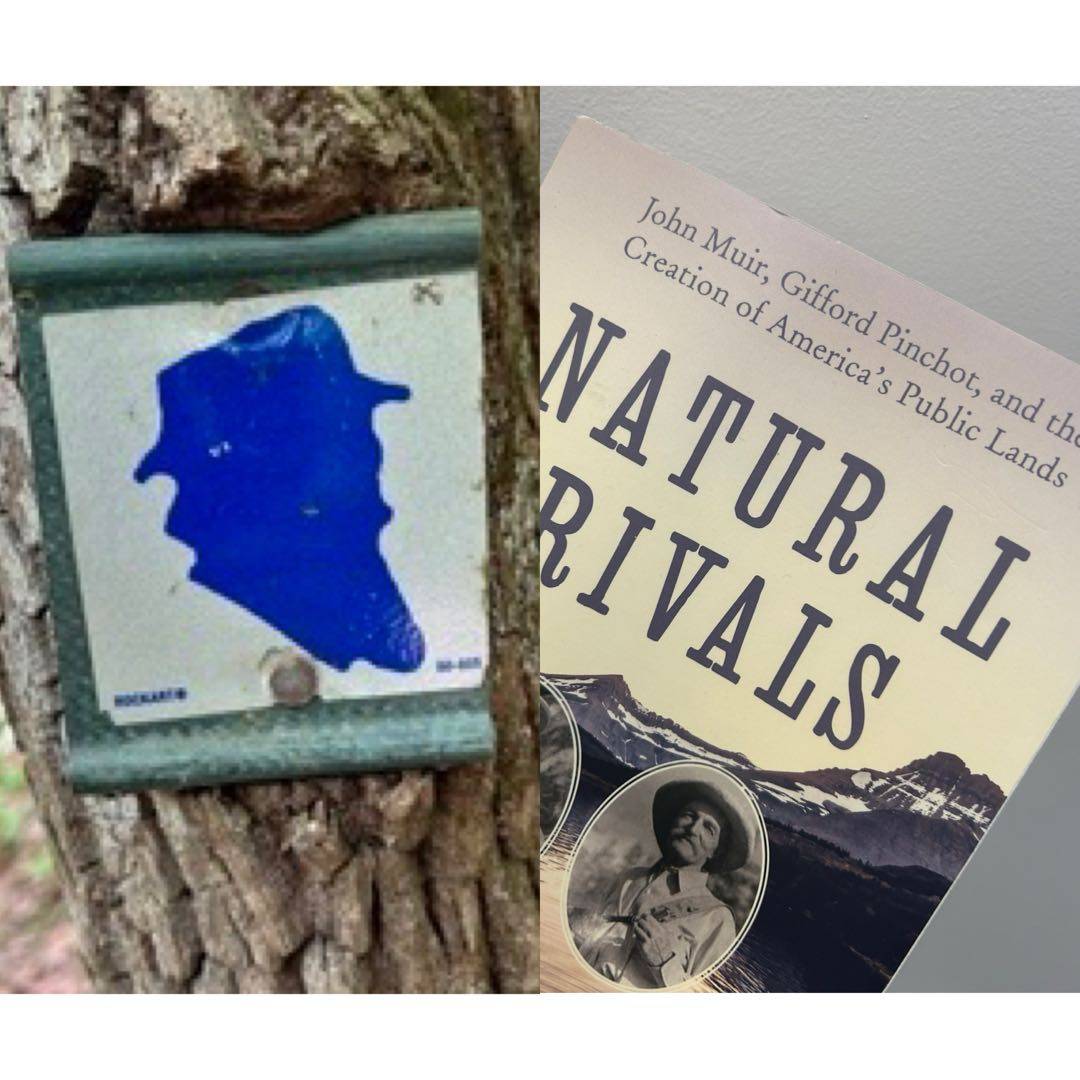
This is 5 years old but I snatched it while browsing the US history shelf. While Muir is familiar to most, I knew little about Pinchot, founder of the US Forest Service. The two men were friendly rivals. The origin of the environmental preservation vs. conservation debate can be traced directly to them. Easily readable, though the second half bogged down in the details of legislation. Both men spent time in my neck of the woods in the Southeast.
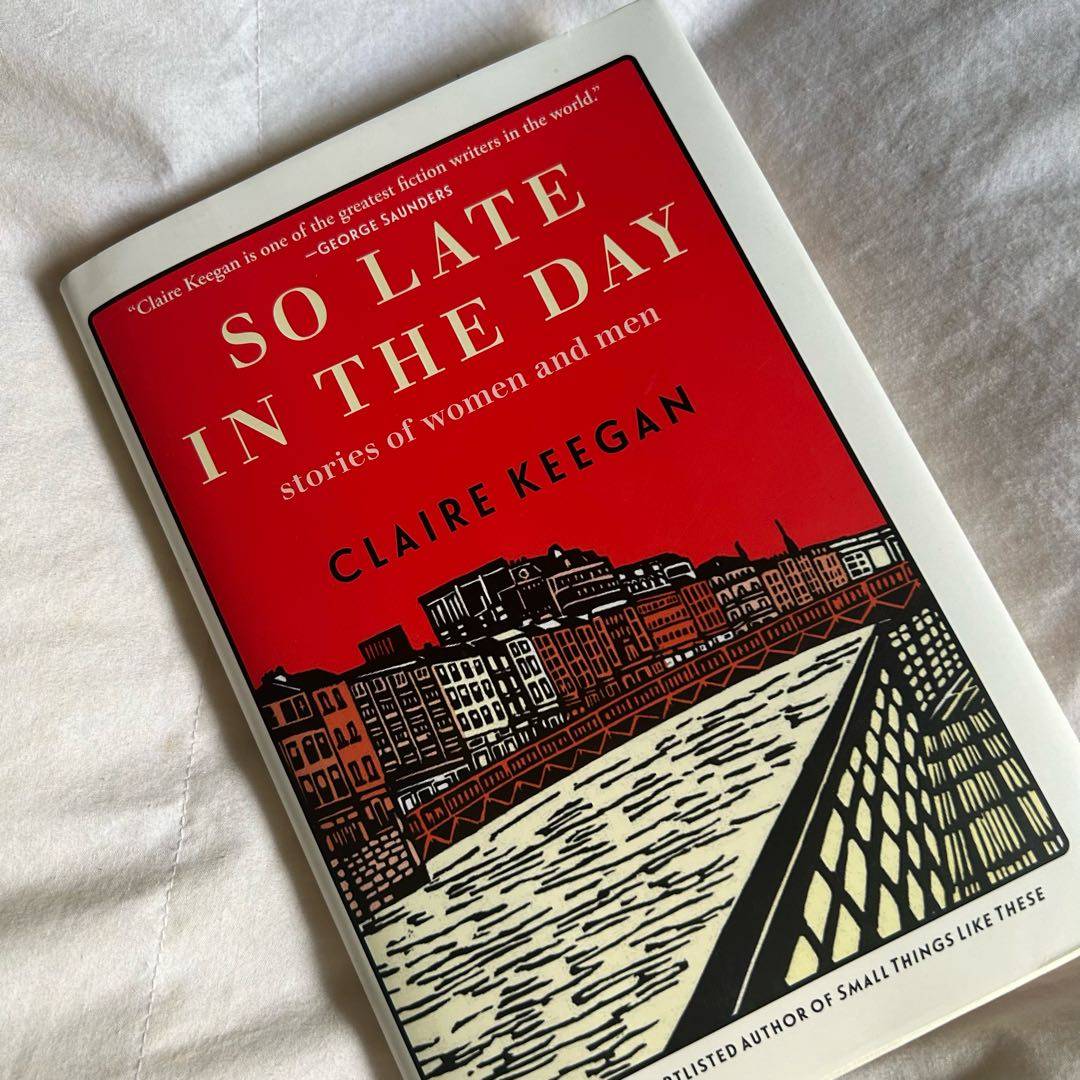
Well, this was quite dark. Keegan read from this at my local bookstore last fall and called out an audience member who was trying to photograph her during the reading. i love her writing. She almost fills the void Munro left, when she retired. looking forward to more.
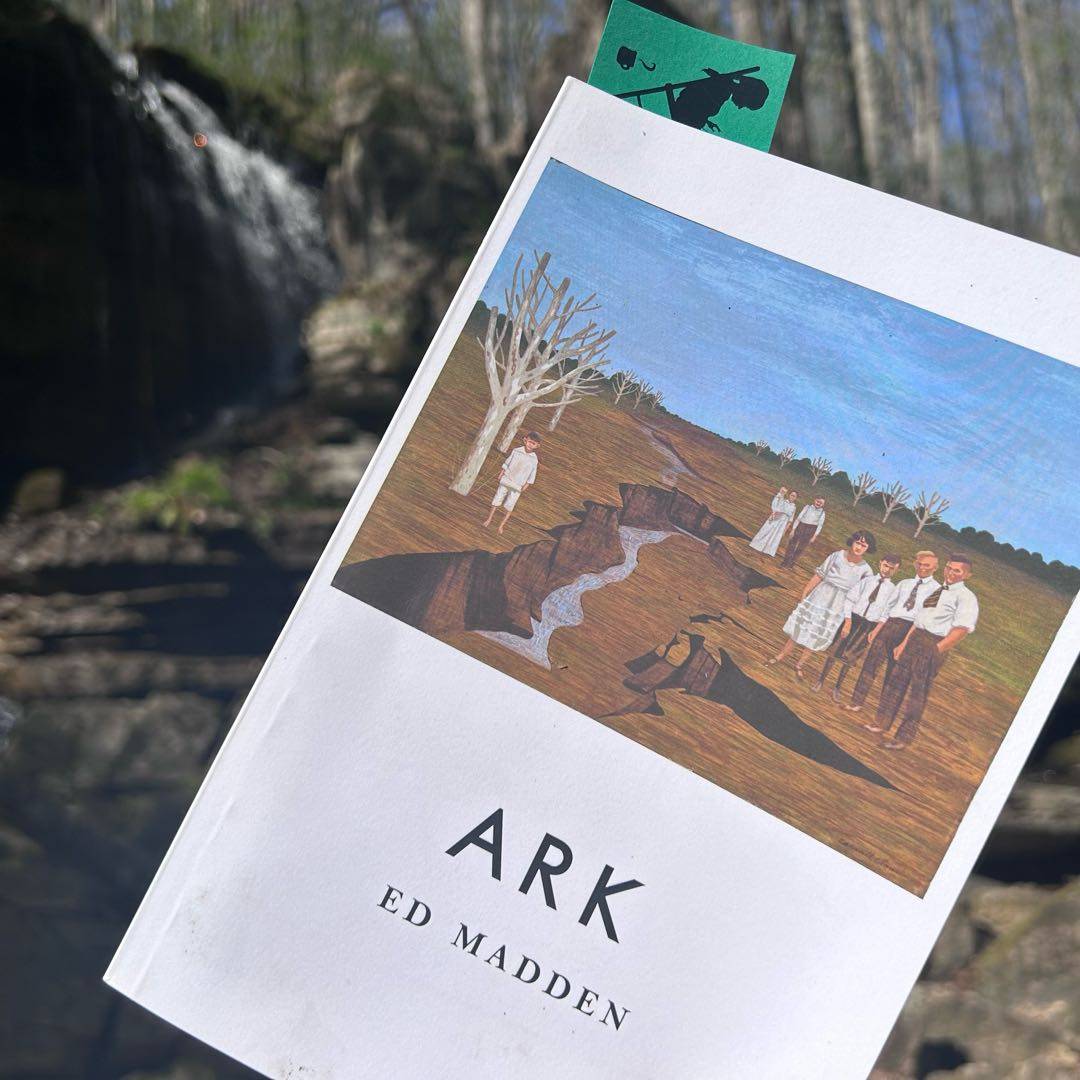
A little late to Poetry Month but this is lovely. Elegiac poems about death, the fraught relationship between a gay son and his Baptist father, and the natural world of the rural Arkansas Delta. Fans of Silas House will love these (yes, that‘s a waterfall in the background)
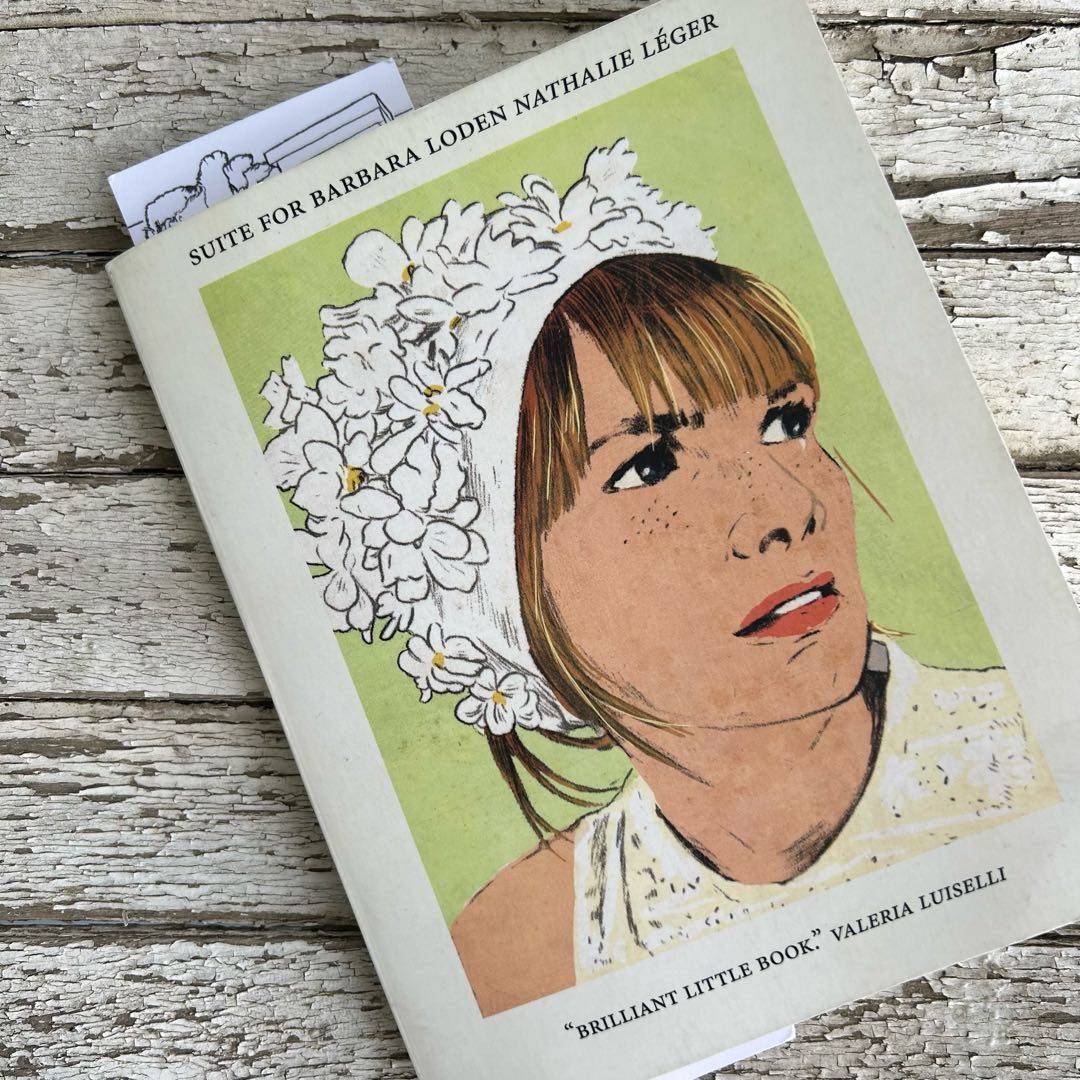
Few people have heard of Barbara Loden, but she won a Tony and was the second wife of Elias Kazan. While she had small parts in several movies, she‘s best known for directing and starring in Wanda (1970), now an art-house classic. My interest? Loden grew up in the same poor Appalachian small NC town that my mother did. I wouldn‘t read this unless you‘ve seen the movie, but it‘s a thoughtful meditation on the film, life, and art.
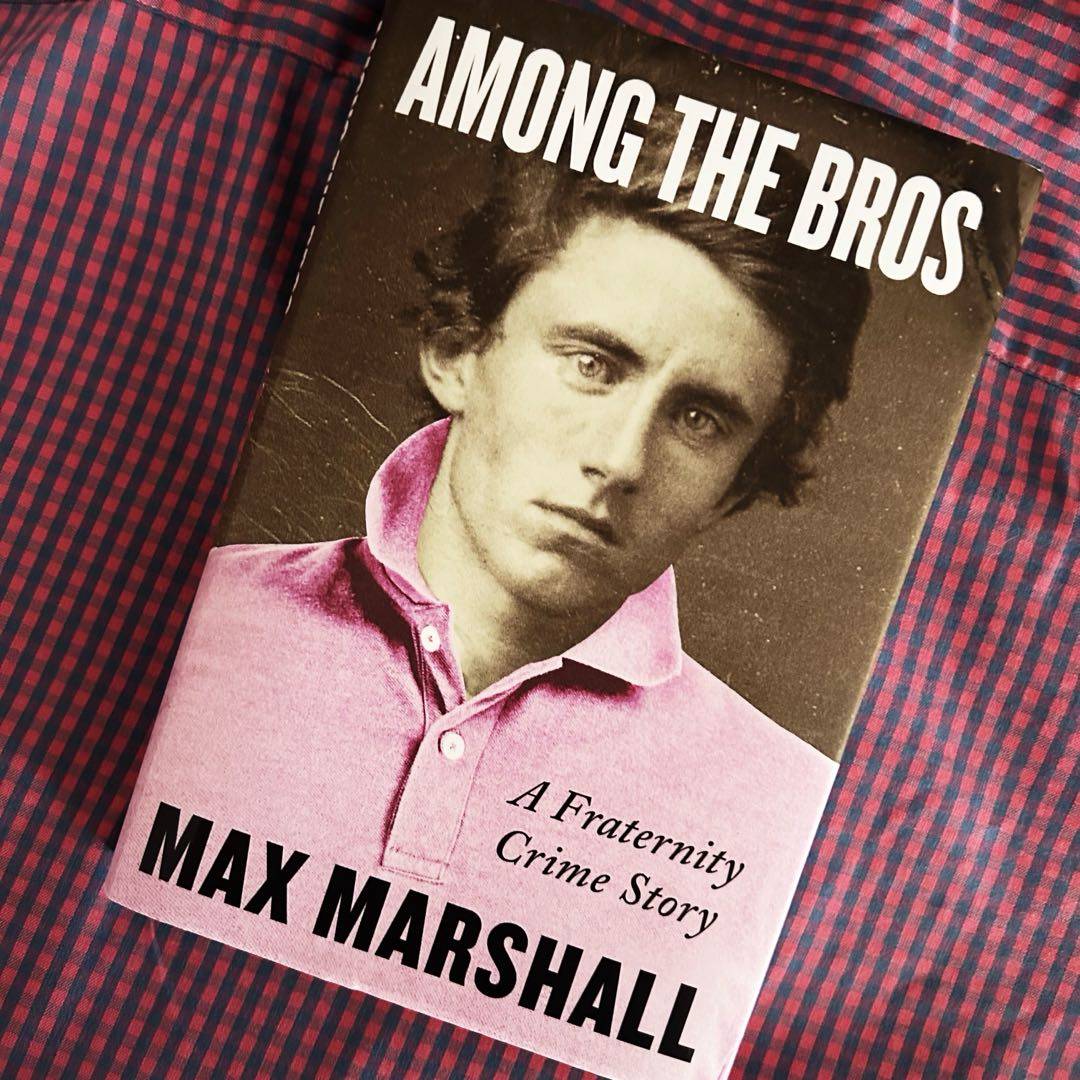
Maybe I was still in withdrawal from the Murdaugh murder trial of 2023 when I bought this, but it looked enticing. Alas, it mostly disappoints. The jacket copy misleadingly promises an insider's look at "bro culture" and the "gilded bubble" of contemporary Greek life, and how the "old boy" system is still alive and functioning in the South. But the narrative meanders and the crime story mostly felt humdrum. Juicy but ultimately insubstantial.
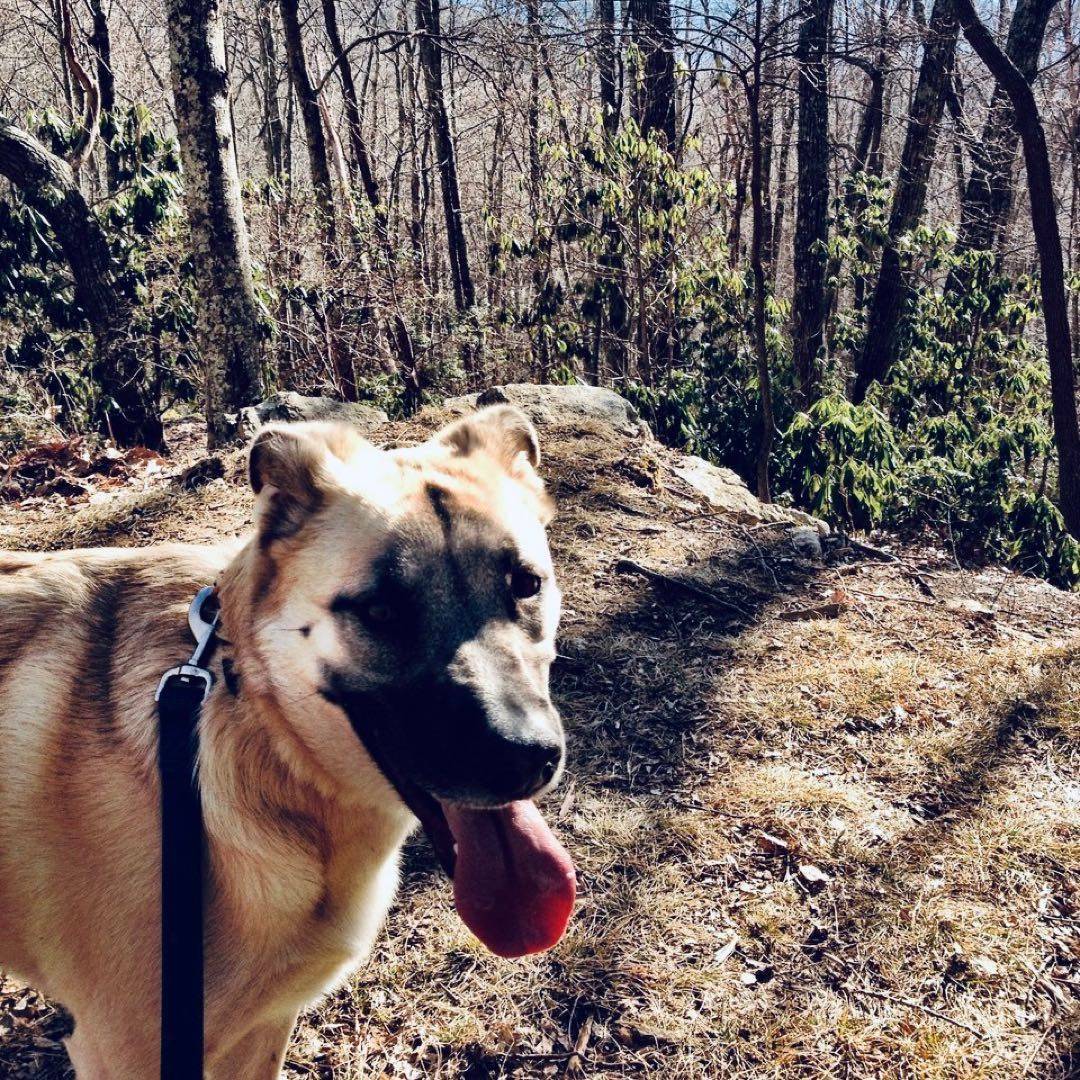
My white dog Pooh Bear is getting older. I am, too. Maybe that‘s why I finally picked up Terry Kay‘s book about a widowed Southerner facing mortality and read it. Though first published in 1990, it‘s still pure poetry to read and a beautiful testament to small towns, the South, and family, and the realities of loss and mortality. And it features a dog who may be a ghost, or a real one. Kay keeps you guessing. Highly recommended!
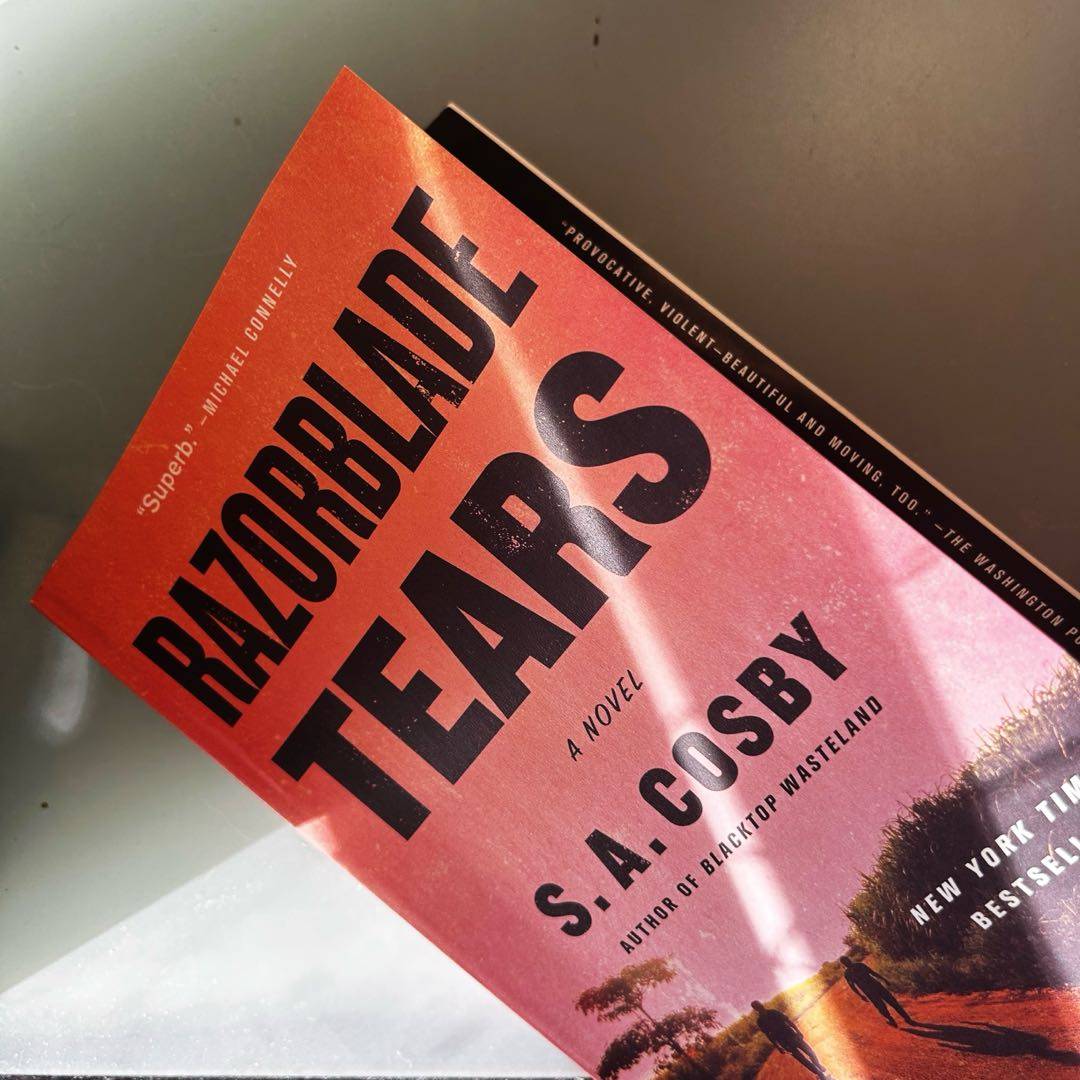
I don‘t read much crime fiction. I picked this for my book club, based on glowing reviews. While I found the friendship between Ike and Buddy Lee slightly implausible and the hard-core violence was over-the-top, this ultimately won me over, even though I saw where it was headed early. I guess I‘m a sucker for any work with a message of unity, or calling out hypocrisy whenever you see it. And yes, Sam Elliott should play Buddy Lee in the movie.
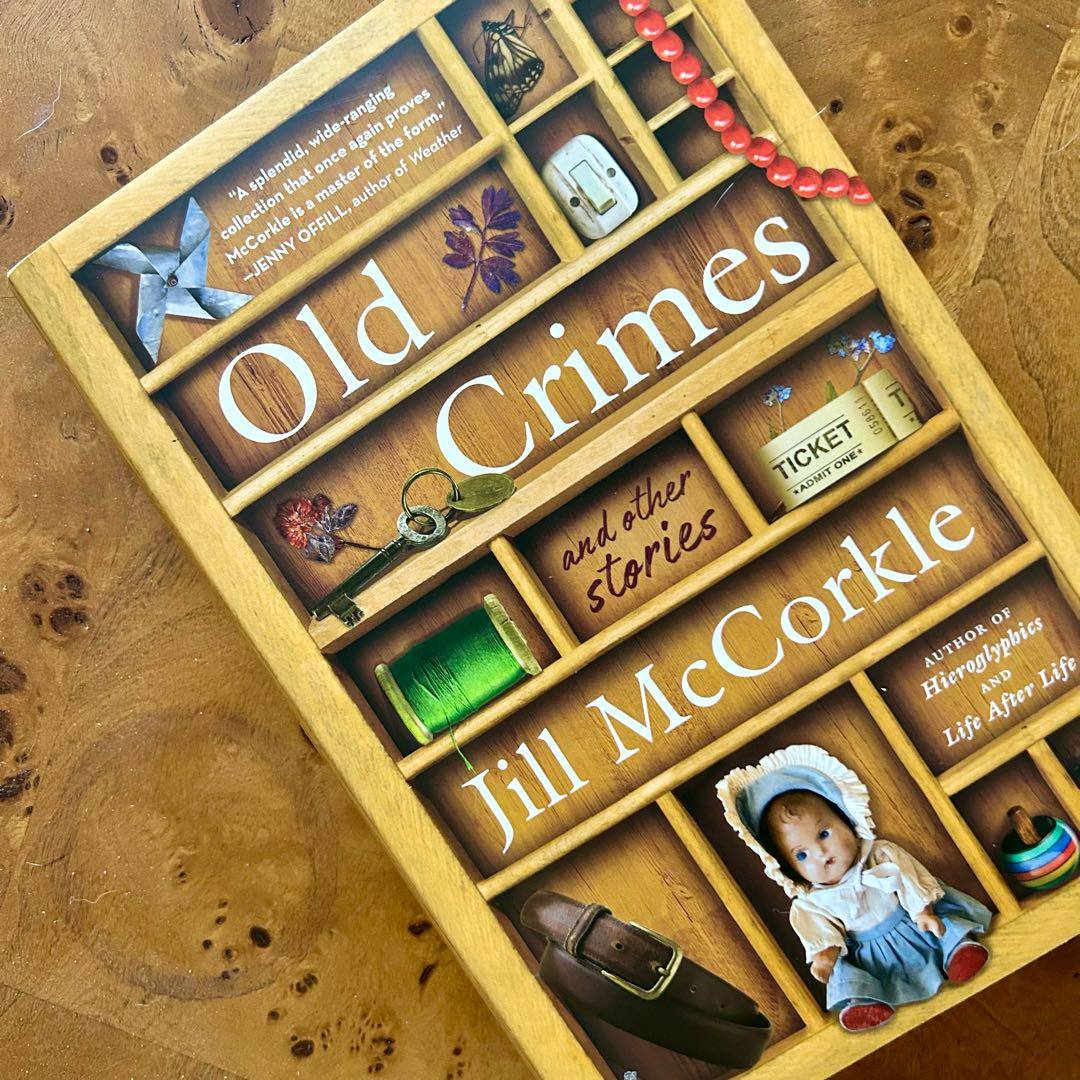
I‘ve read all of her collections, and this is probably one of her darkest, and best. A bonafide Southern-fried Winesburg, Ohio, for the 21st century. It‘s certainly my favorite book cover of all her works.
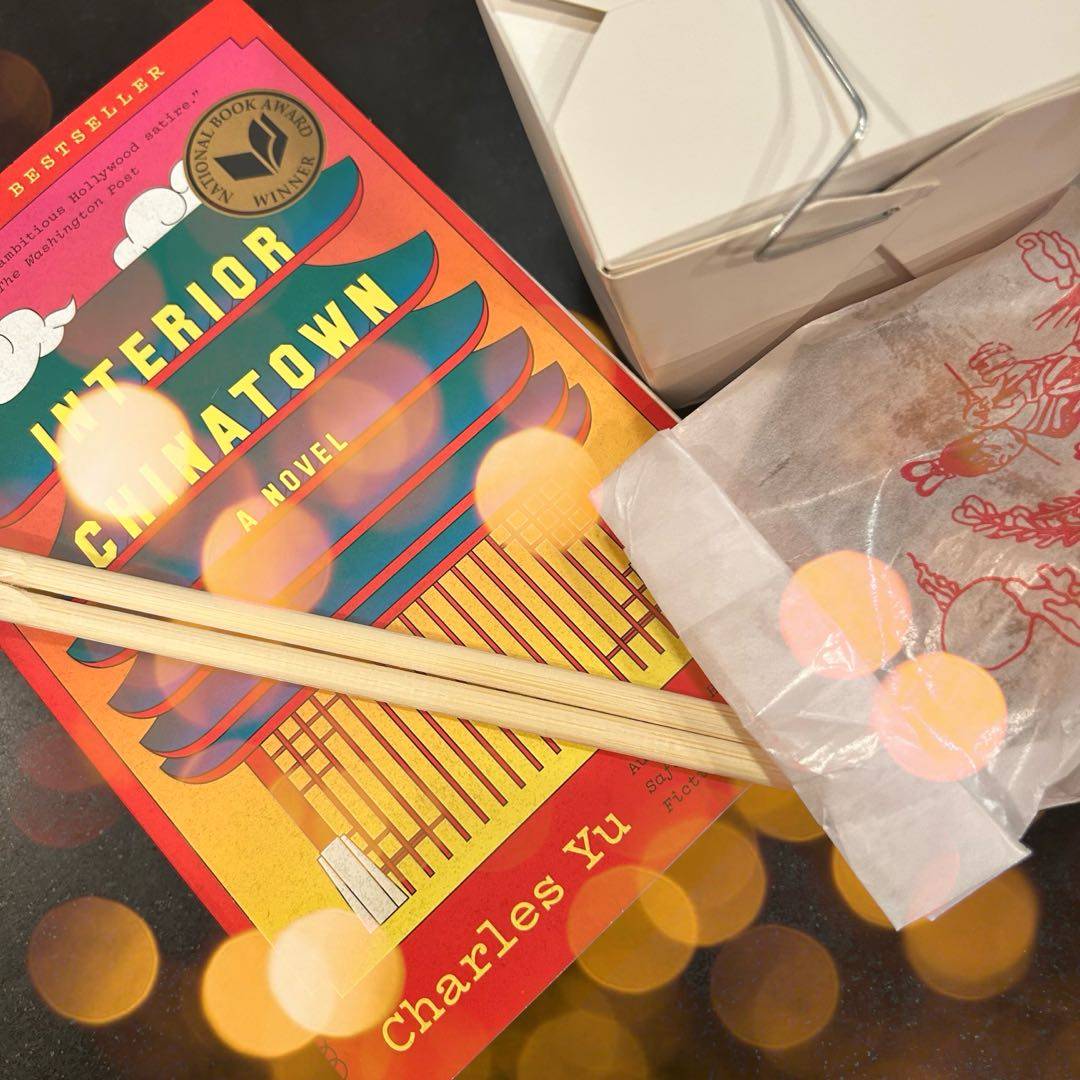
“We‘ve been here 200 years. The first Chinese came in 1815…Why doesn‘t this face register as American? Is it because we make the story too complicated? Because we haven‘t figured out how yet. Whether it‘s a tragedy or a comedy or something in between. If we haven‘t cracked the code of what it‘s like to be inside this face, then how can we explain it to anyone else?”
Happy Chinese New Year! Loved this book. Thanks again, @alexus_sb !
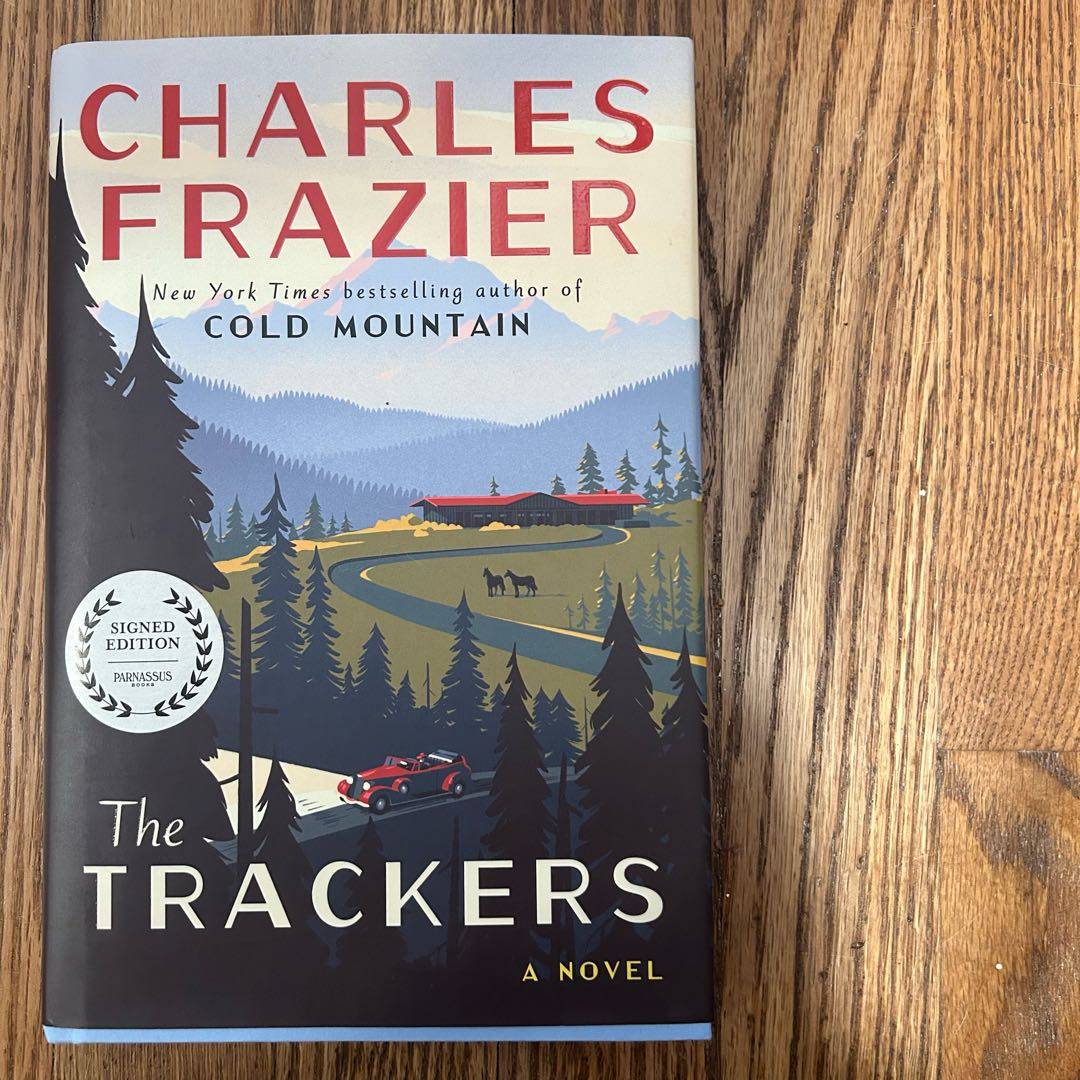
Embarrassed to say this is my first Frazier since Cold Mountain. But really, how can you ever follow up such a phenomenal debut without some disappointment? This is no Cold Mountain, but I still found it mostly entertaining. If you‘re a fan of Raymond Chandler, the American West, or 1930s noir, you‘ll enjoy this little romp. There are shades of Gatsby, a Lady Eve, just don‘t take this mashup too seriously.

“The German writer Goethe said that the tone of mind produced by architecture approaches the effect of music – that to look upon a thing is to hear it. Music is liquid architecture, he wrote, and architecture is frozen music.”

My book club chose this. While I think it will probably provoke a good discussion, I felt like the author pushed an agenda at the expense of any substantial character development. I think I‘ll stick with Atwood and Orwell for speculative fiction.
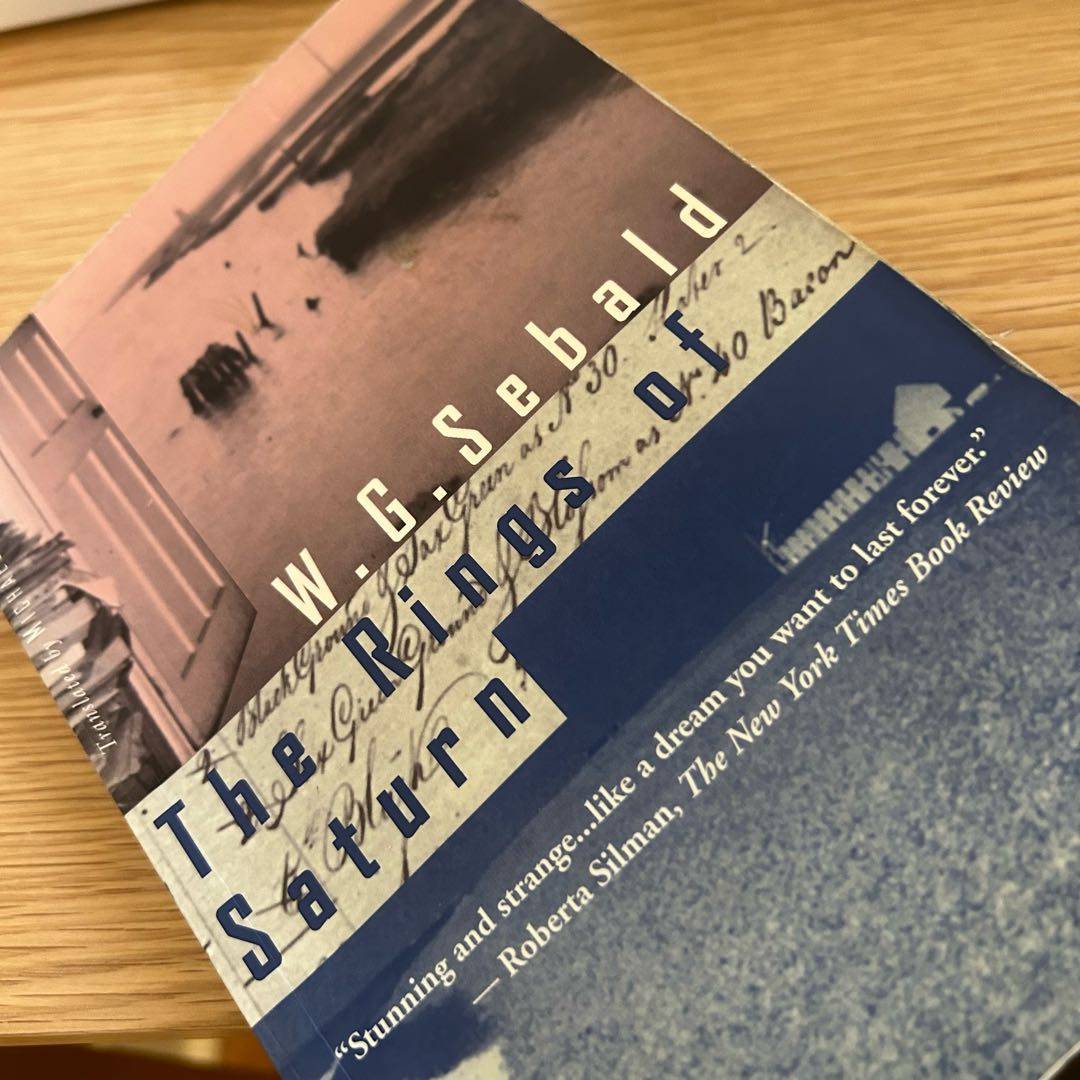
First read of 2024 completed. Not for the lighthearted. “Memories lie slumbering within us for months and years, quietly proliferating, until they are woken by some trifle and in some strange way blind us to life.”
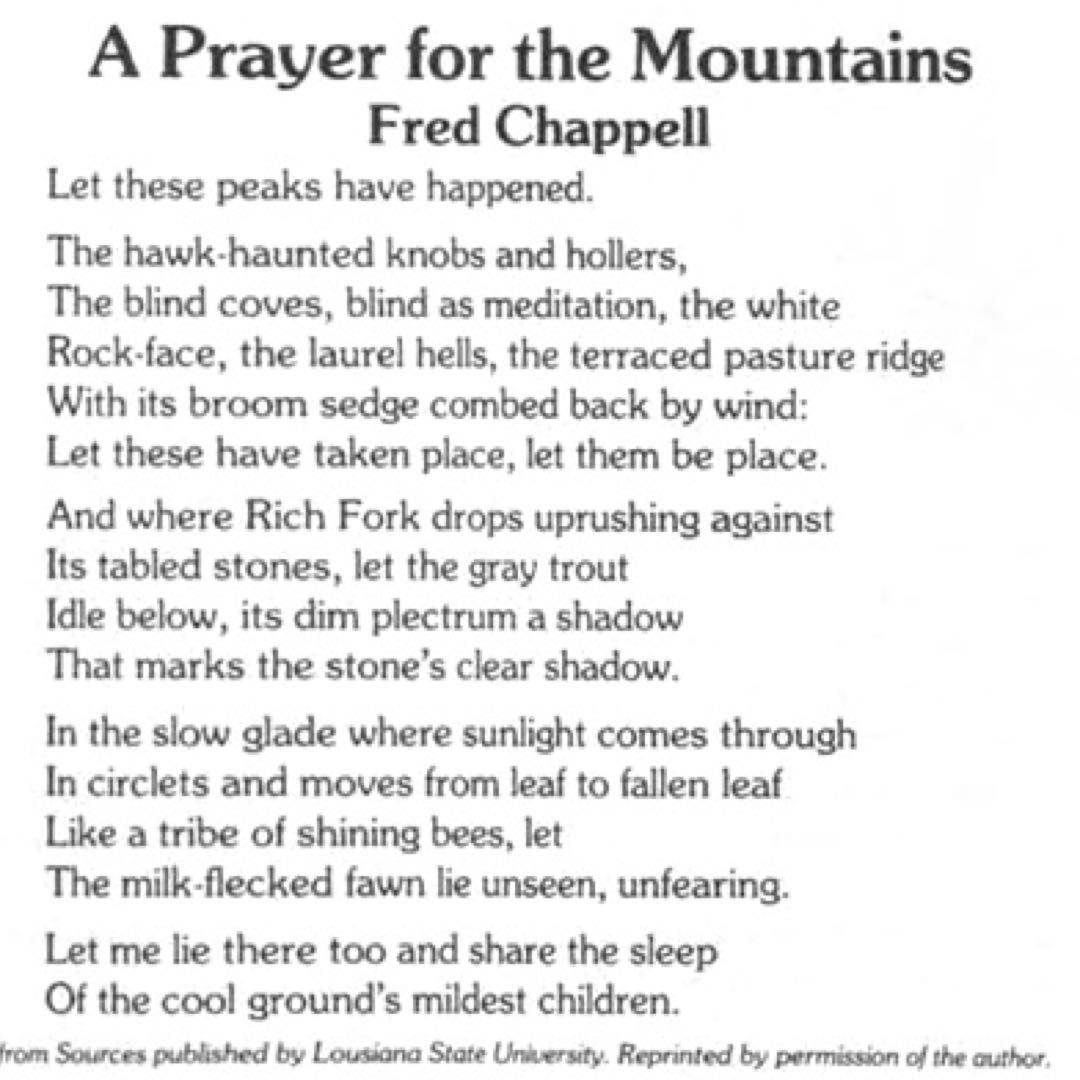
Fred Chappell died last week. I have a signed lithograph of this, one of my favorite poems. I hope he‘s resting in peace with the cool ground‘s mild children.
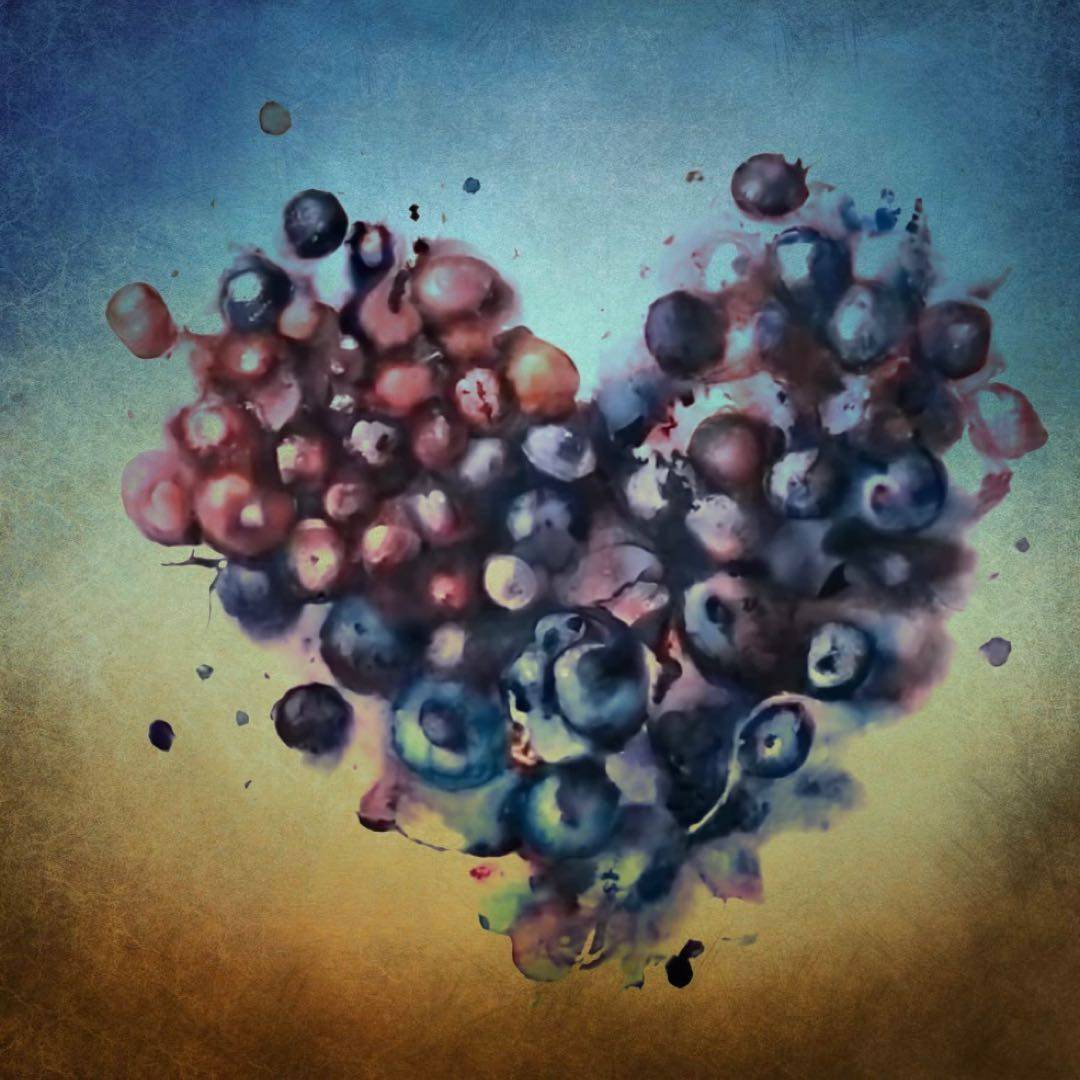
Last read of 2023, and while there were parts which were definitely cringeworthy and haven‘t aged well, there was also this:
“That‘s what kids are, Jerry—all heart. Big round blueberry hearts. The trouble is—the older you get, the more you grow away from your heart. Like a tree. It gets deeper and deeper inside you, more and more hidden.”
Here‘s to finding your heart again in 2024! Happy New Year!
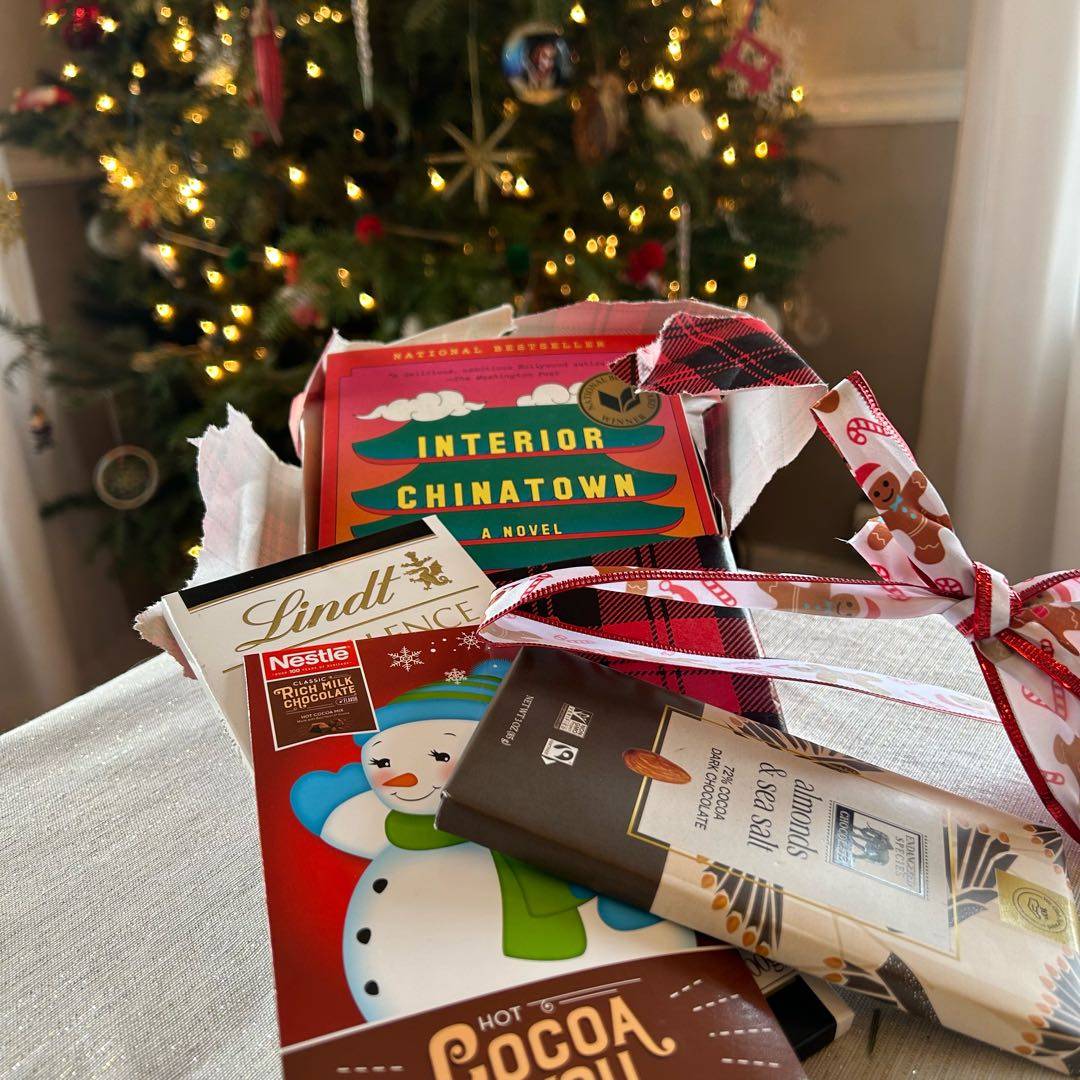
Happy #JolabokaflodSwap23 and many thanks to @alexus_sb ! How did she know I‘ve been on an Asian-American reading binge lately? Happy Holidays and wishing everyone peace and joy 🕊️🕊️
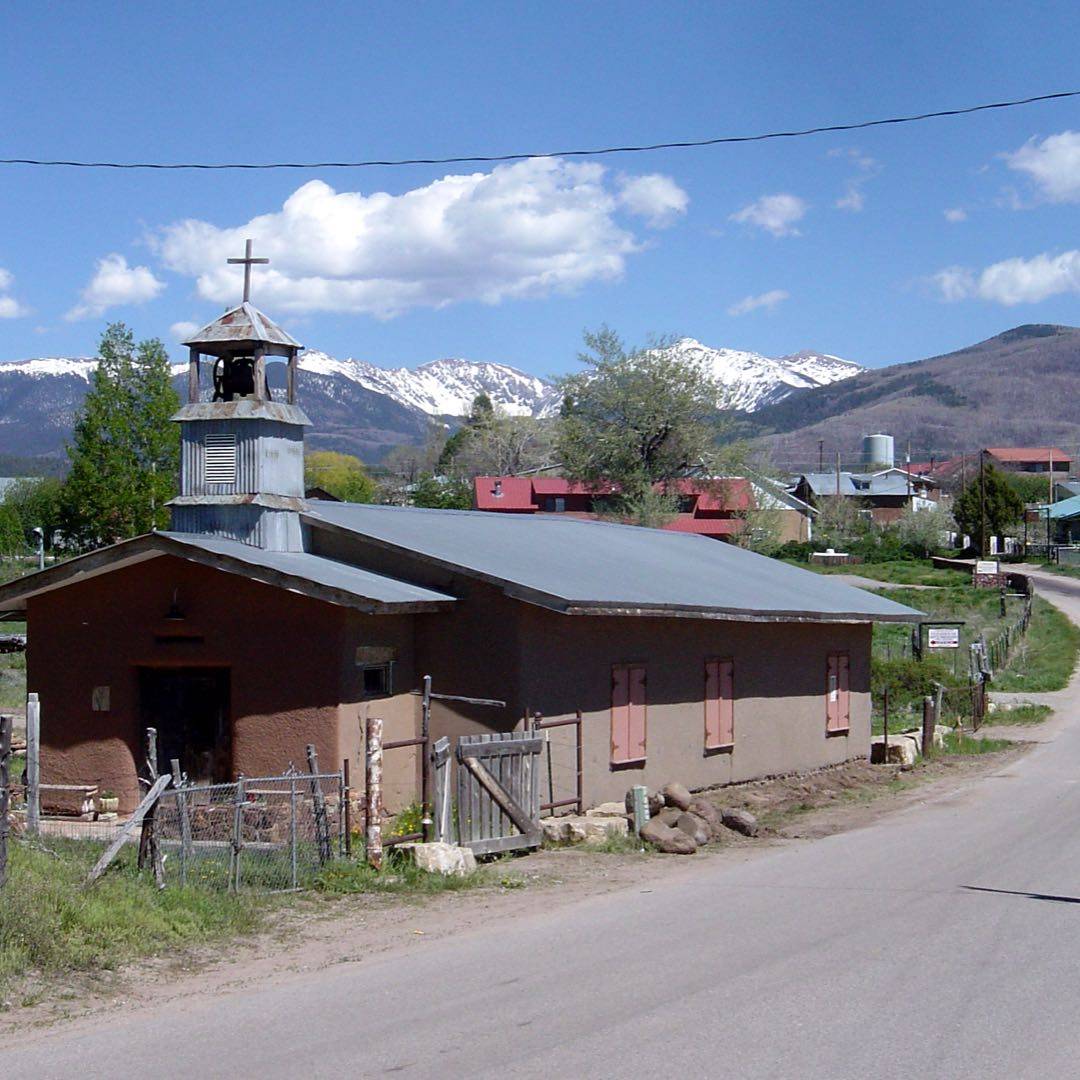
John Nichols died yesterday. Years ago, I devoured his fiction when I lived in the Southwest. RIP.
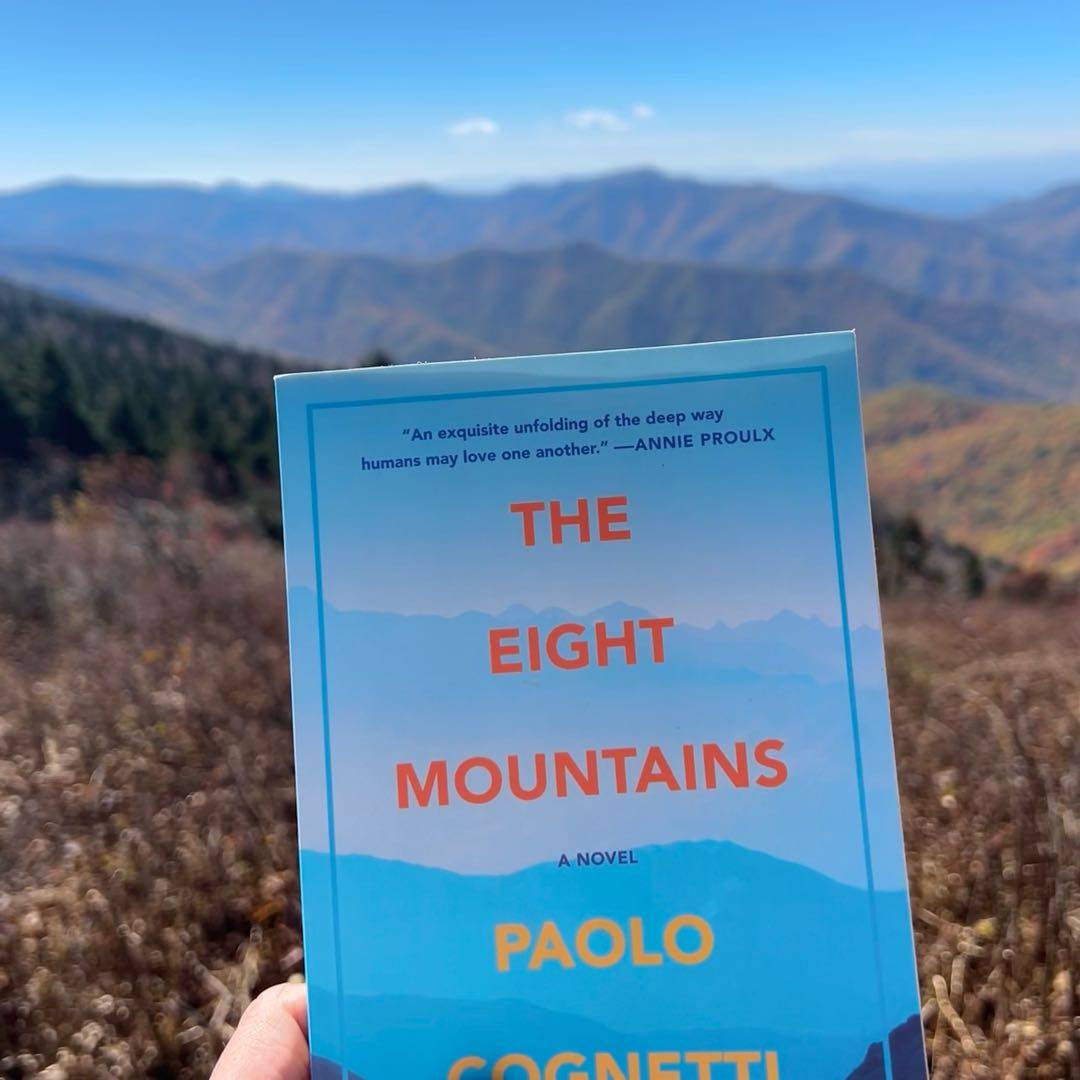
Finally finished this yesterday. The film adaption of this was my favorite movie of 2023 and I‘m glad to say Cognetti‘s writing was equally elegiac and haunting. One reviewer has called this a male version of Ferrante‘s My Brilliant Friend and I don‘t think it‘s an unfair comparison. It‘s a shame more male authors don‘t write about the complexity of male friendships.

Margaret Atwood, the author of The Handmaid's Tale, turns 84 today.
"Canadians are fond of a good disaster, especially if it has ice, water, or snow in it. You thought the national flag was about a leaf, didn't you? Look harder. It's where someone got axed in the snow."
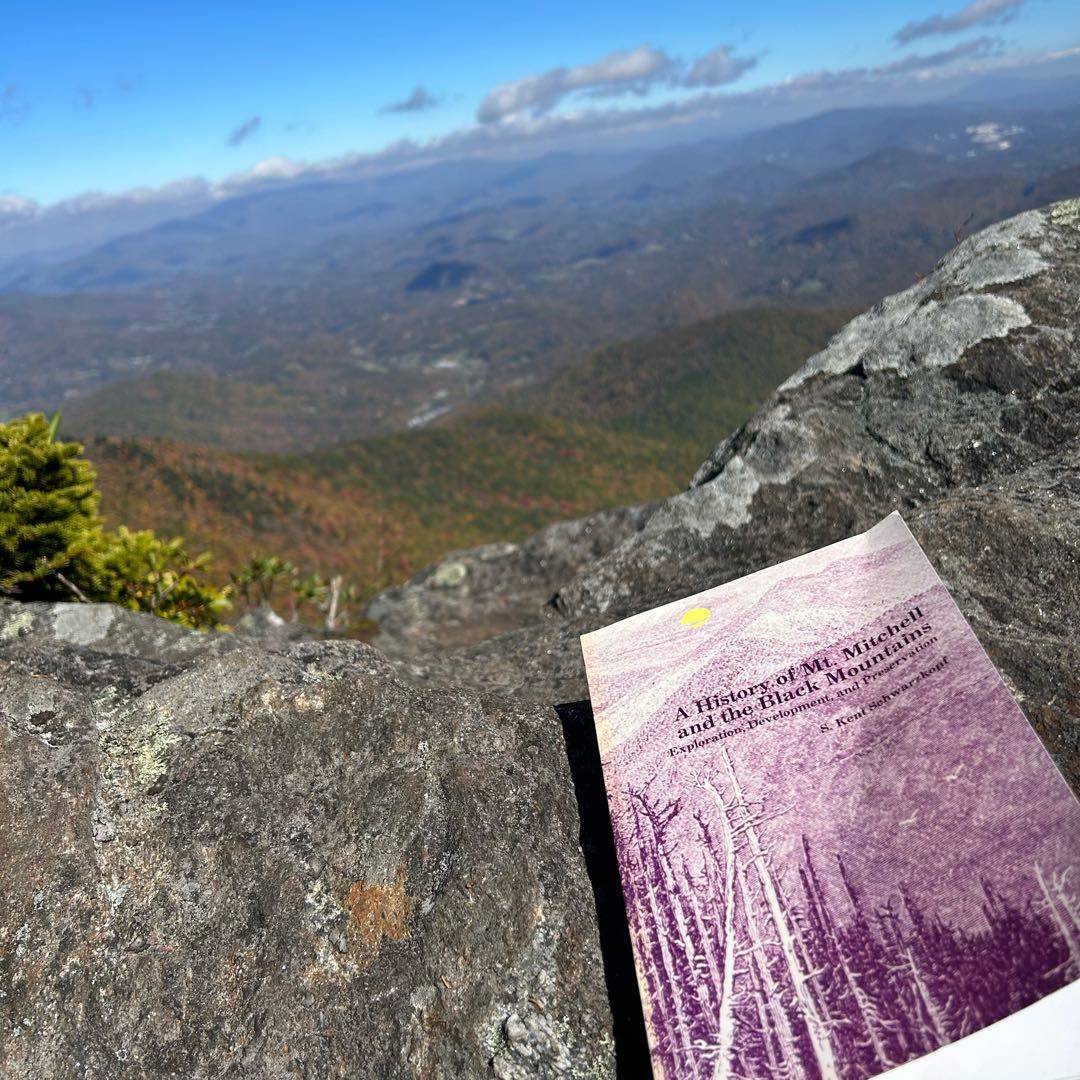
I started this book 2 weeks ago and snapped this pic while hiking the Black Mountains. Alas, I lost the trail on descent and ended up bushwhacking through laurel hells to a location 4 miles from my original starting point. Let‘s just say my NOLS training came in handy, and I have a new appreciation for reading these early exploration accounts 🥹😳😬
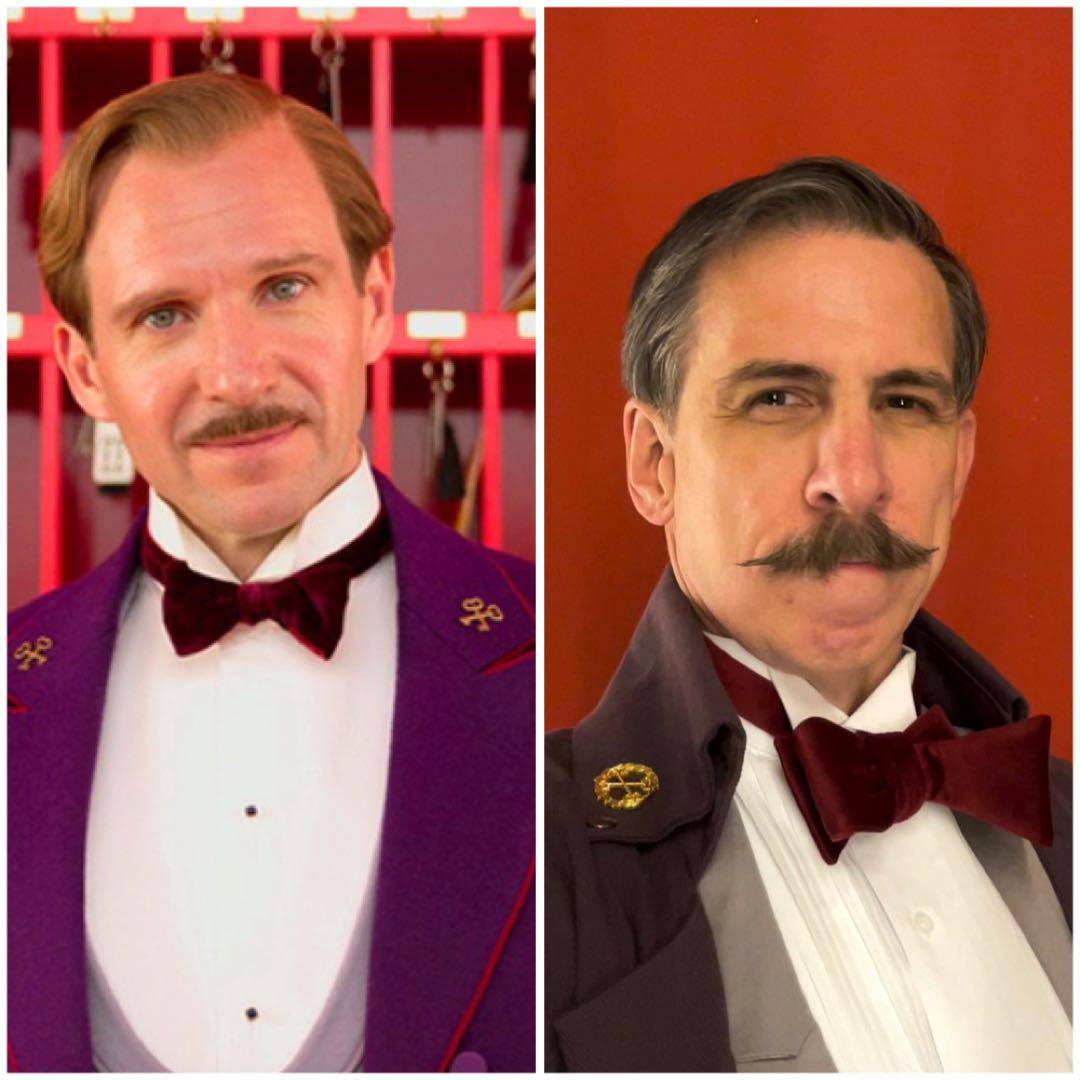
Who Wore It Best? This year‘s Halloween work group theme was “hotel”. “You see, there are still faint glimmers of civilization left in this barbaric slaughterhouse that was once known as humanity. Indeed, that‘s what we provide in our own modest, humble, insignificant … Oh, f*%k it…” —Monsieur Gustave

While I enjoyed Ted Conover‘s Coyotes and Sonia Nazario‘s Enrique‘s Journey, this first-person memoir takes the experience of migrant children to a whole other level. Beautiful, heart-breaking, and a testament to humanity. Unfortunately it was unable to be nominated for a Pulitzer, as rules still require all authors to be American-born.
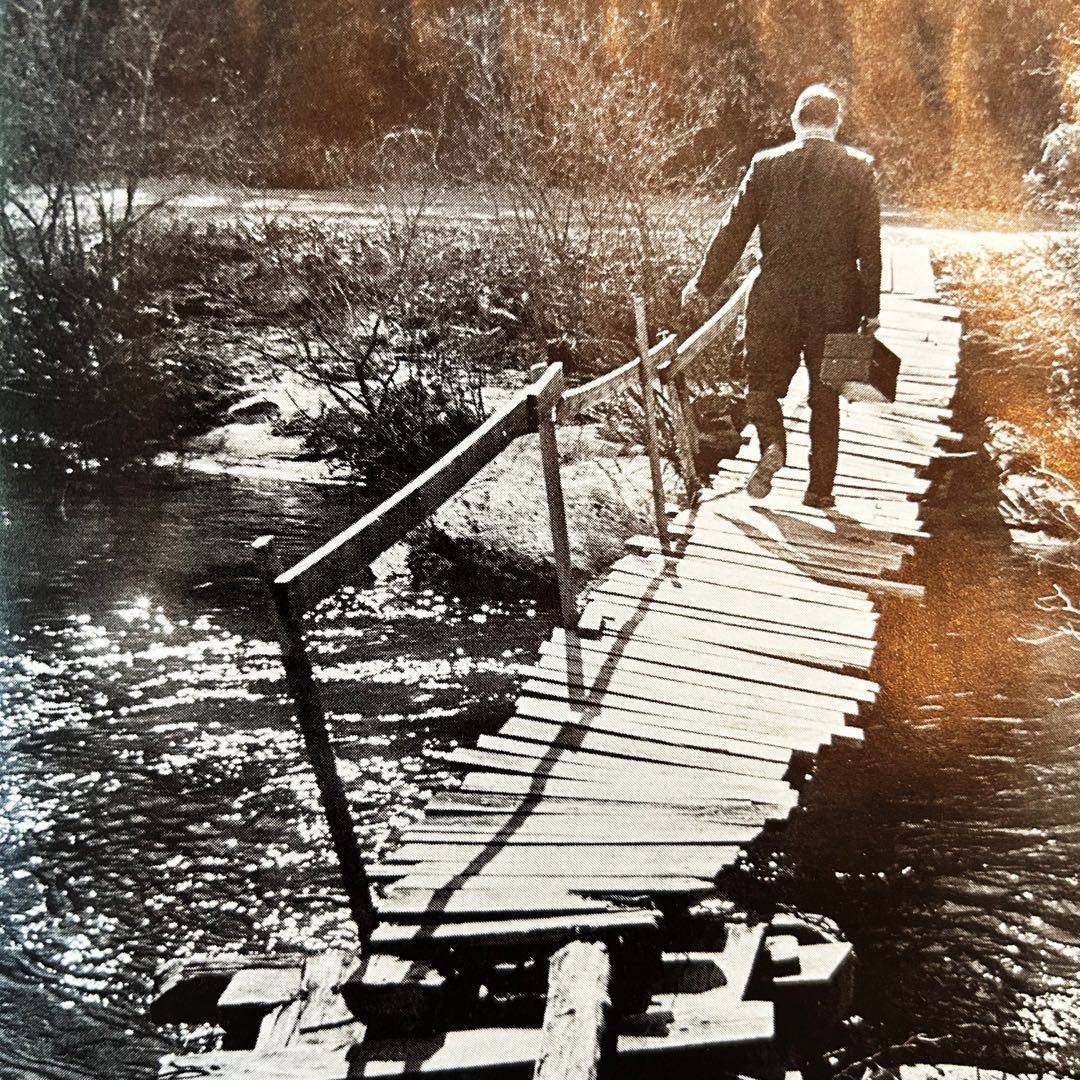
I love coming across obscure old books in antique stores that are well written and a pleasure to read. This is a family doctor‘s account of caring for the people in Balsam Grove, a remote pocket of Appalachia in the 1950s. When he founded the local clinic and hospital, the only thing he charged the patients was to bring two river rocks to help build the walls.
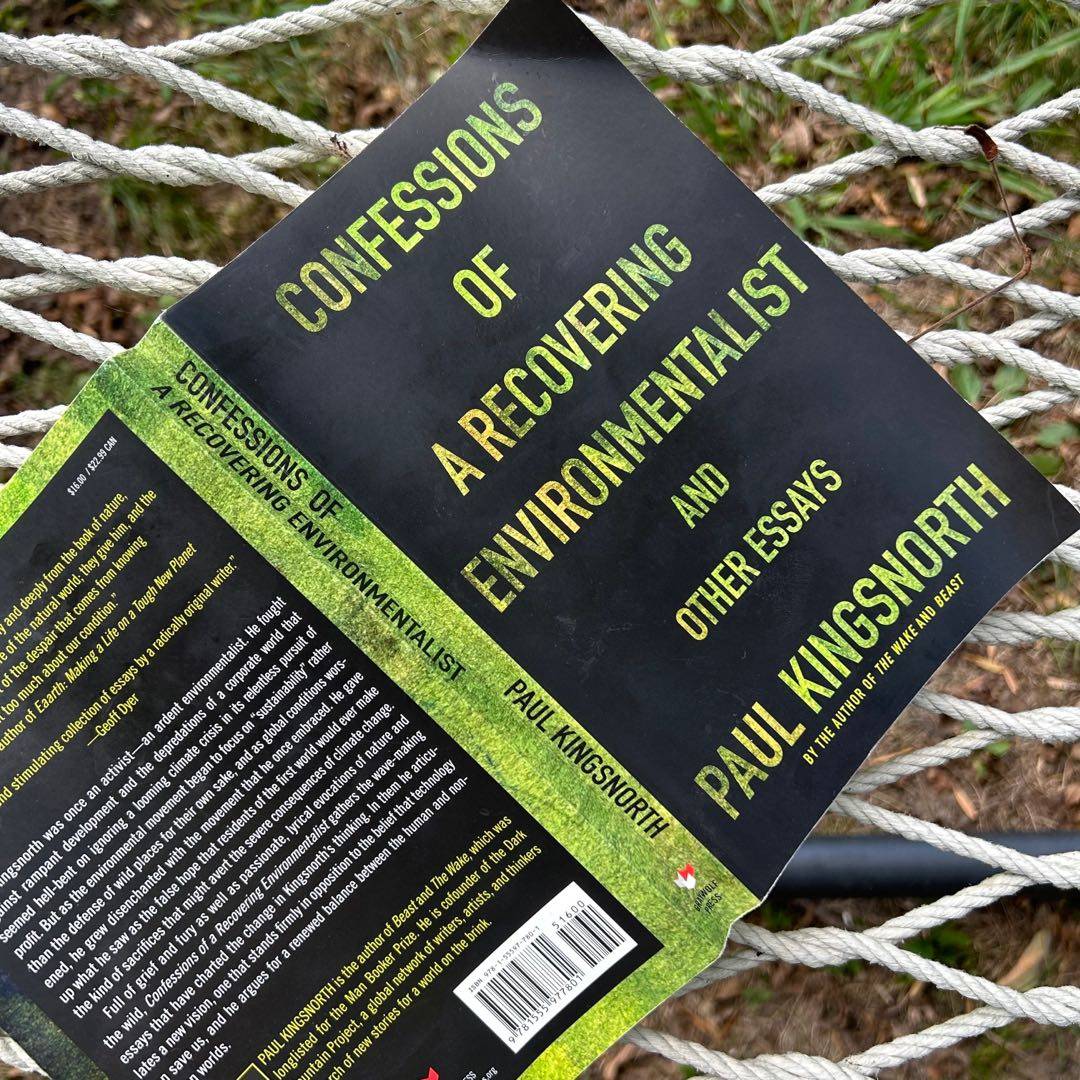
Science can show us the workings of the universe in ways we could never once have imagined, and it can change our perspective on that universe radically by doing so. But it can‘t tell us what matters in our human lives, and why, and neither can it tell us why we see what we see, and feel what we feel, and what we should do about any of that. Science might be able to tell us how to resurrect a mammoth, but it can never tell us whether we should.

Sadly, the backlog in my TBR pile is at least 5 years old, but glad I got to this one (I‘d even forgot he signed it!). I haven‘t read his latest, but this one‘s my favorite, so far.

This got 4.25 on Goodreads, and it‘s a breezy read, but I didn‘t learn much I didn‘t already know, and I wish Hari had spent more time on neuroscience. He tries to tackle too much, and ultimately (and ironically) I‘d say this lacked focus 😂
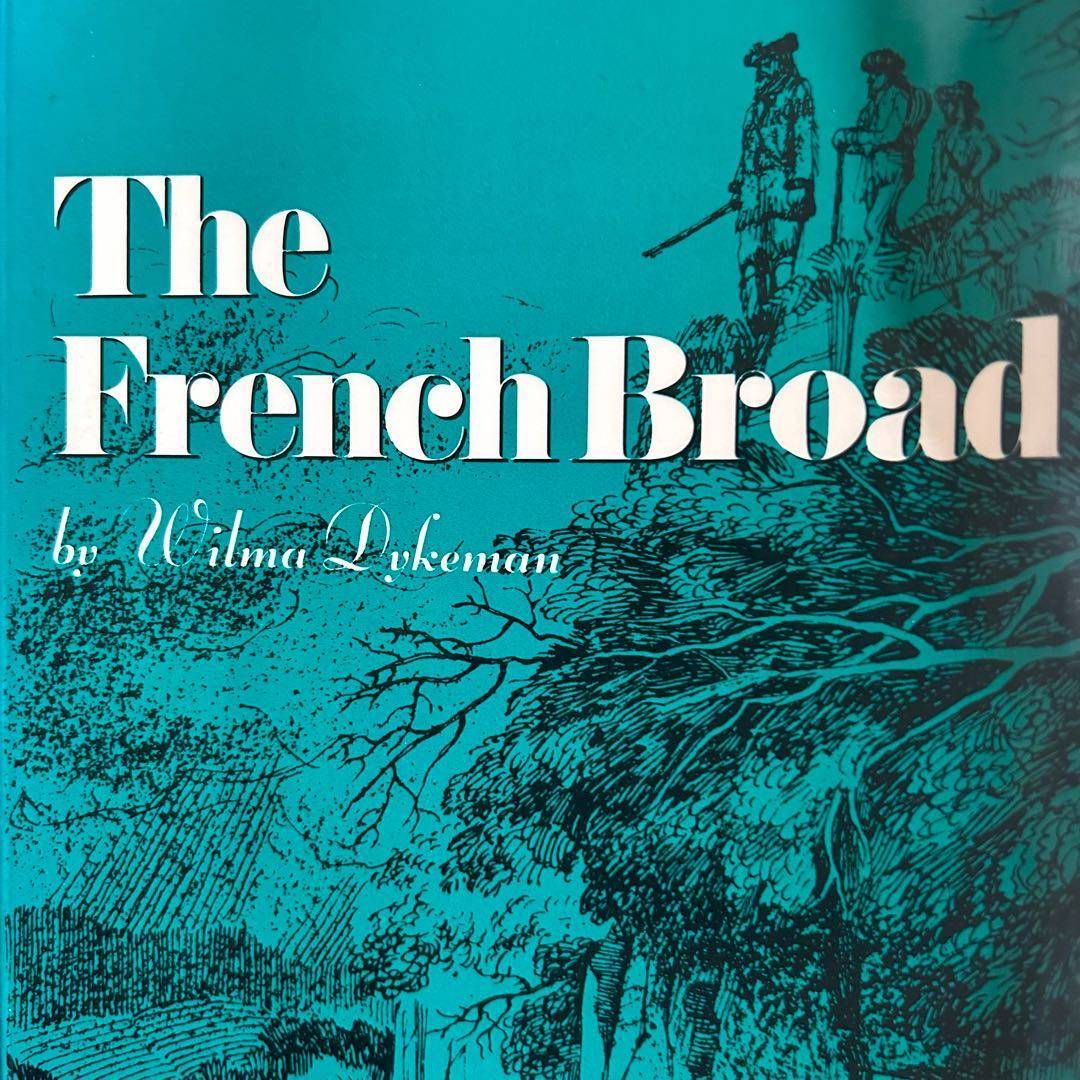
The Rivers of America series started in 1937 and 65 volumes were eventually published, usually authored by literary figures, rather than historians. This is an excellent one containing a lot of great stories from early Western NC and Eastern TN history. Dykeman was a regional writer but a pioneer, considering she was a woman and wrote a lot about ecological concerns, long before the 1970s.
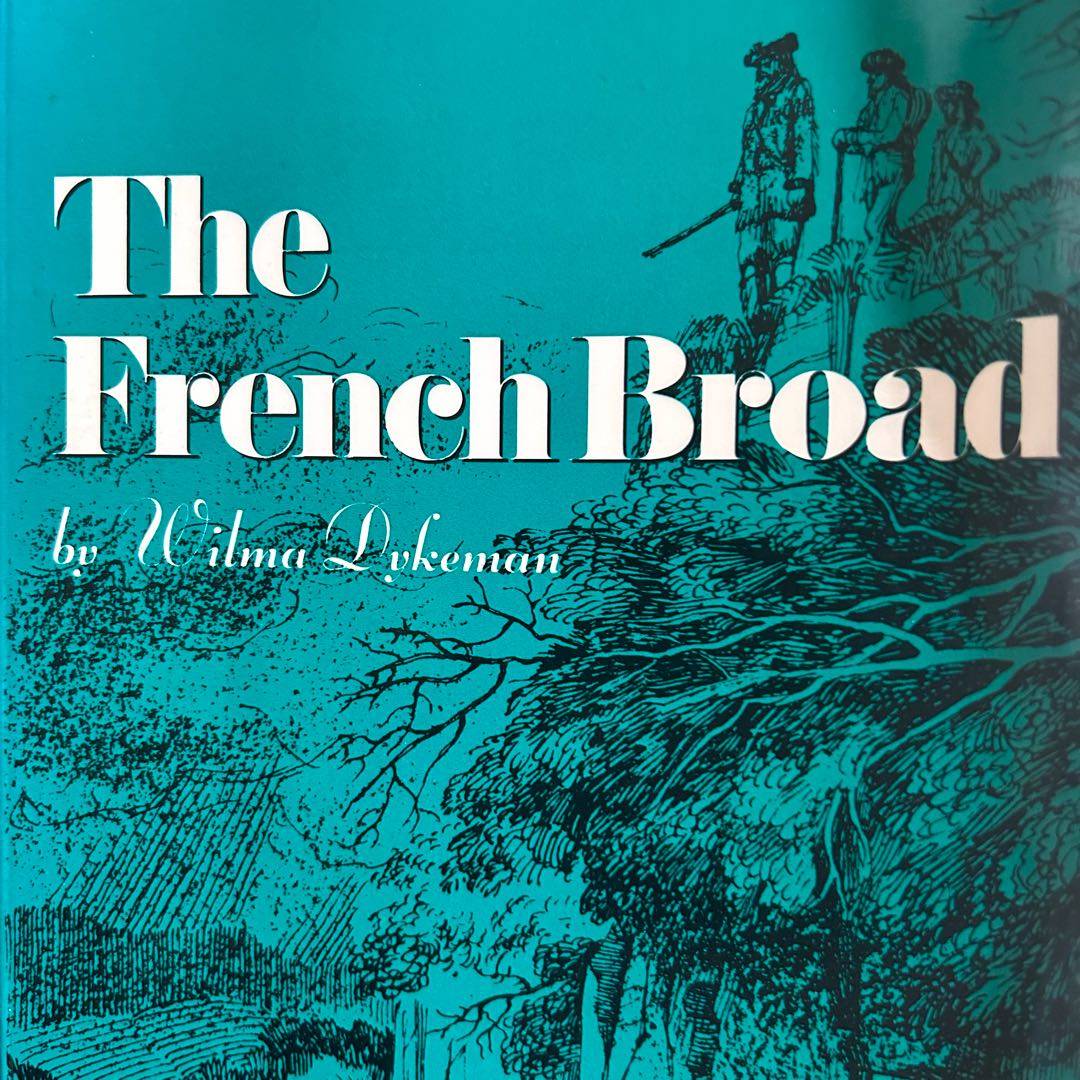
The Rivers of America series started in 1937 and 65 volumes were eventually published, usually authored by literary figures, rather than historians. This is an excellent one containing a lot of great stories from early Western NC and Eastern TN history. Dykeman was primarily a regional writer but also somewhat of a pioneer, considering she was a woman and wrote a lot about ecological concerns, long before 1970s.

Someone picked this for my book club. I‘m glad this book exists in the world, but I didn‘t enjoy it.